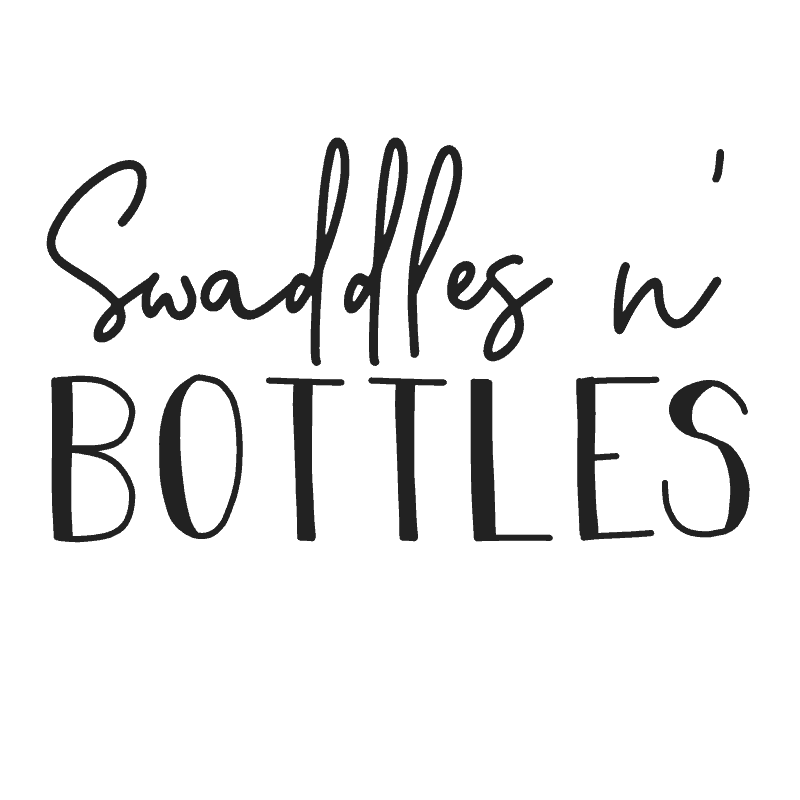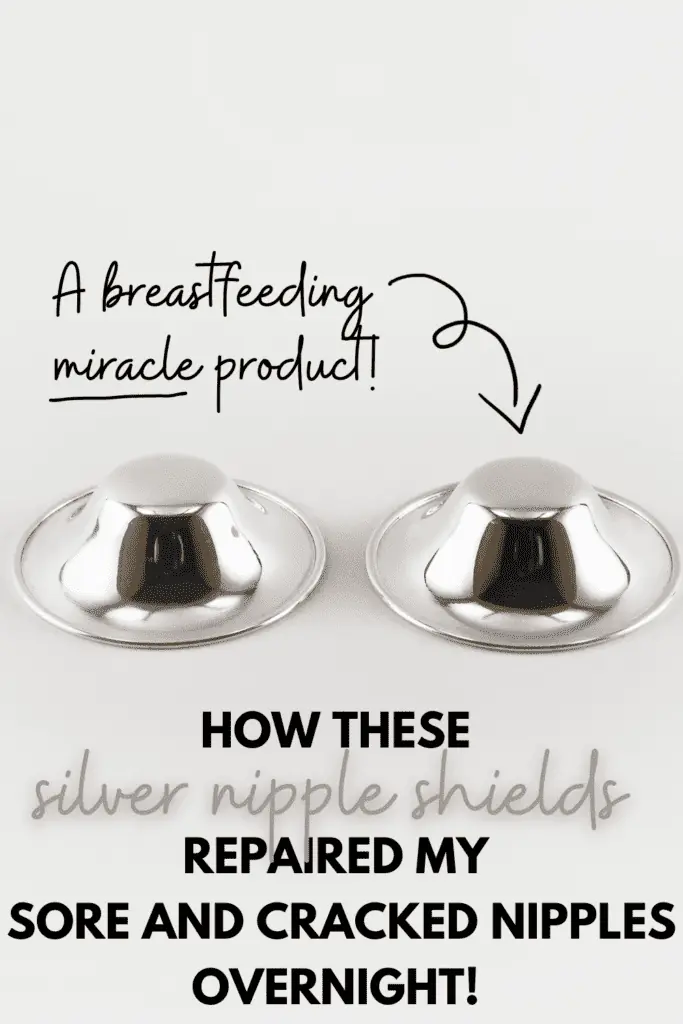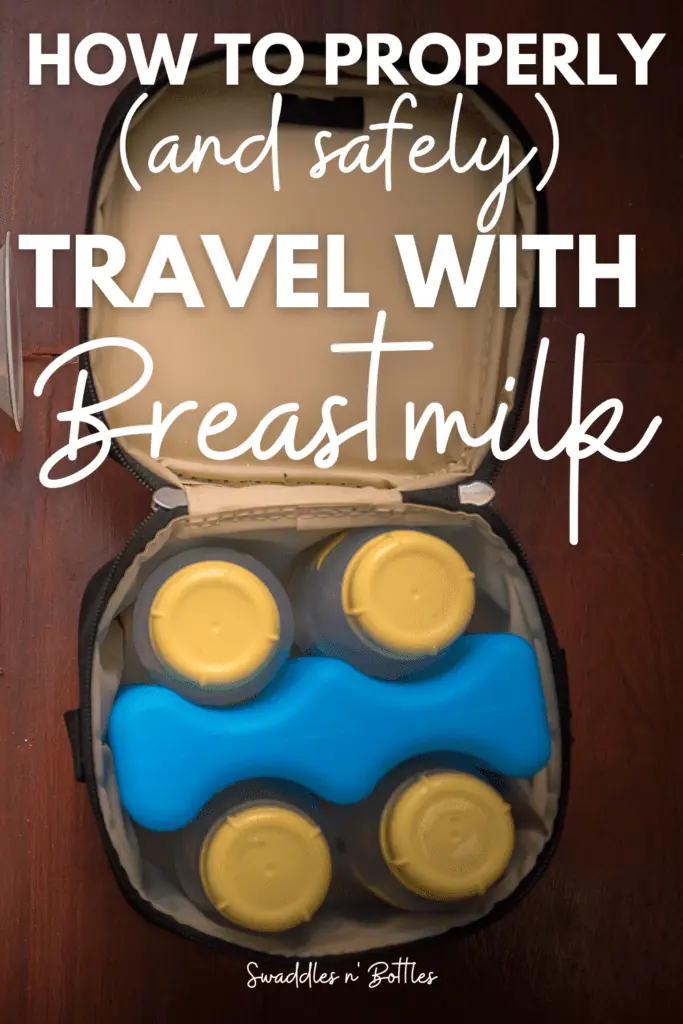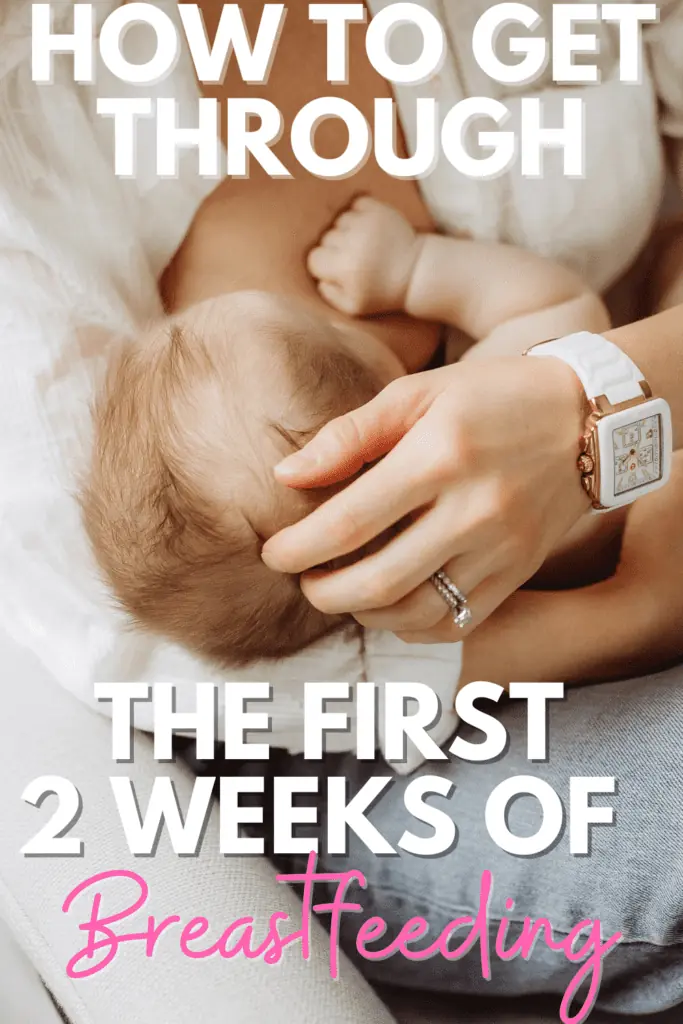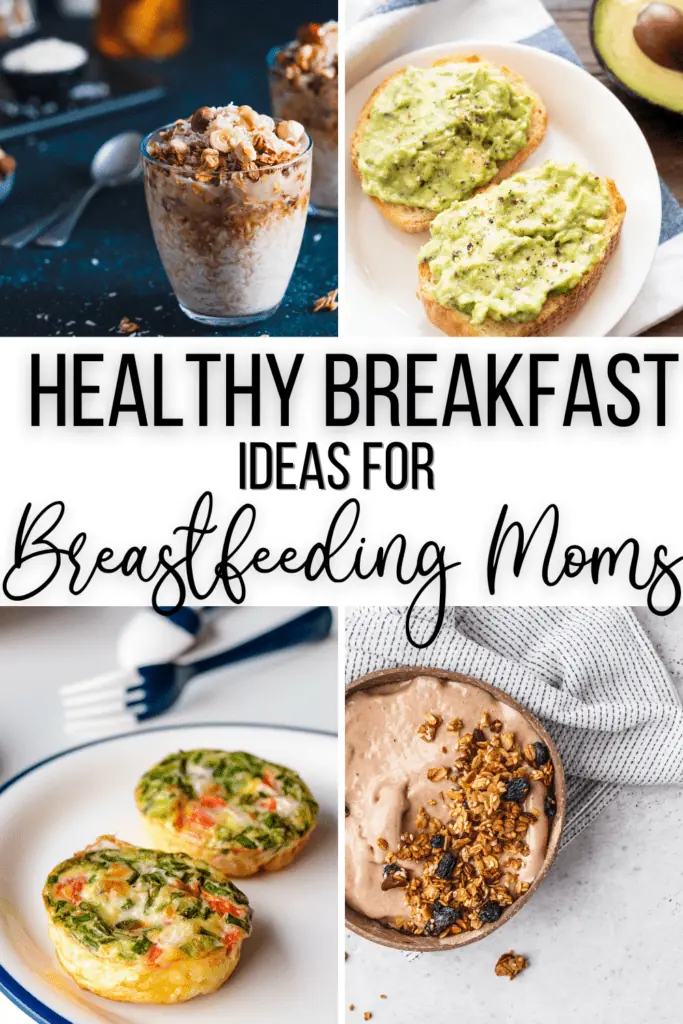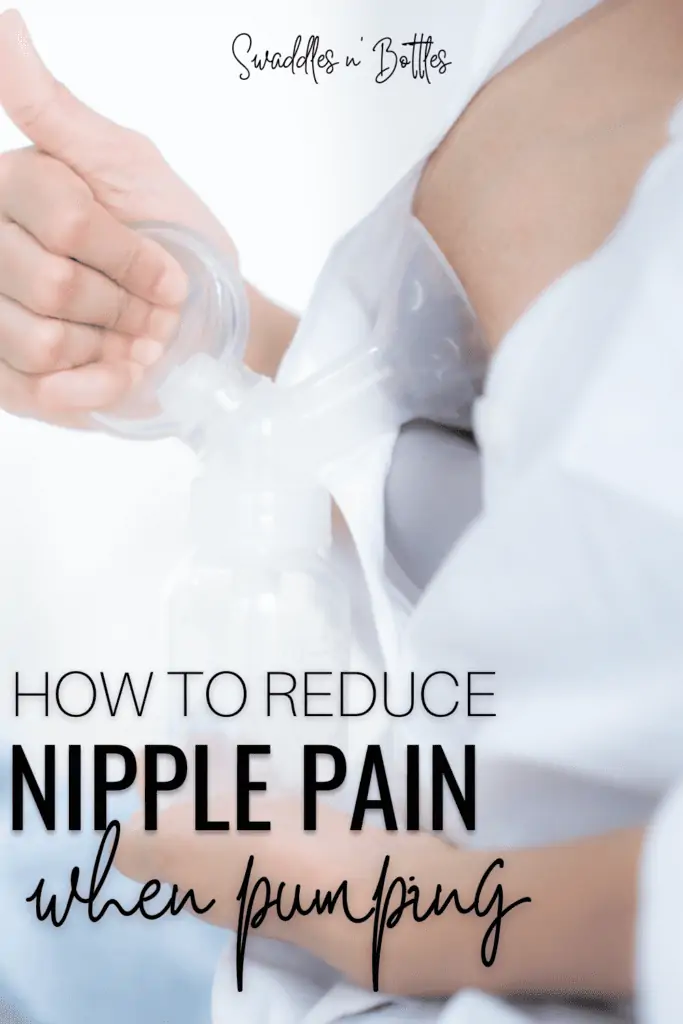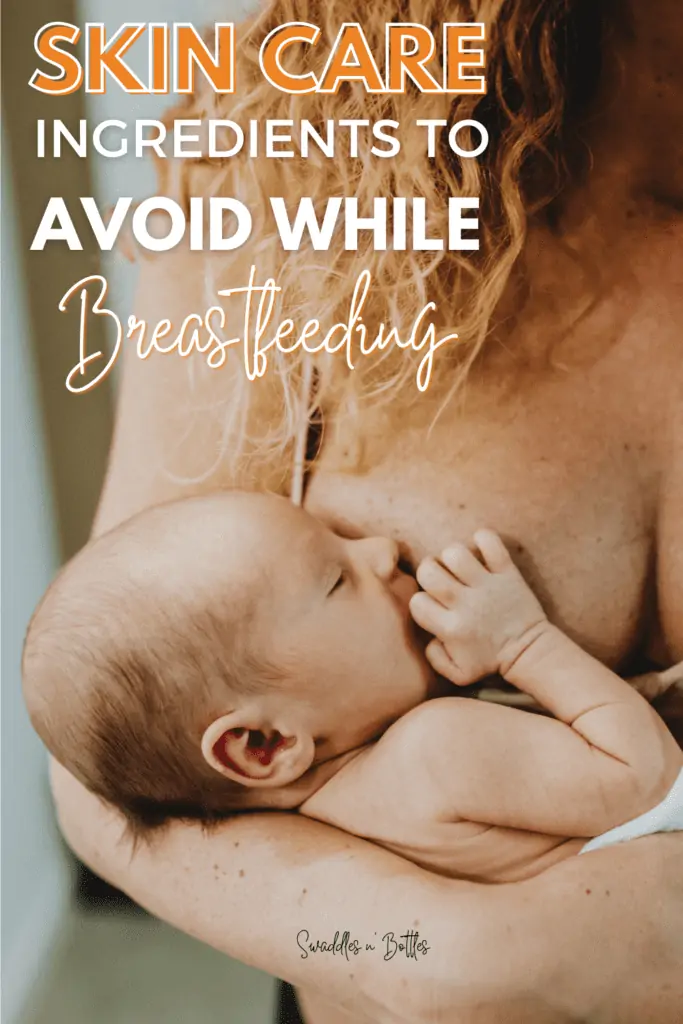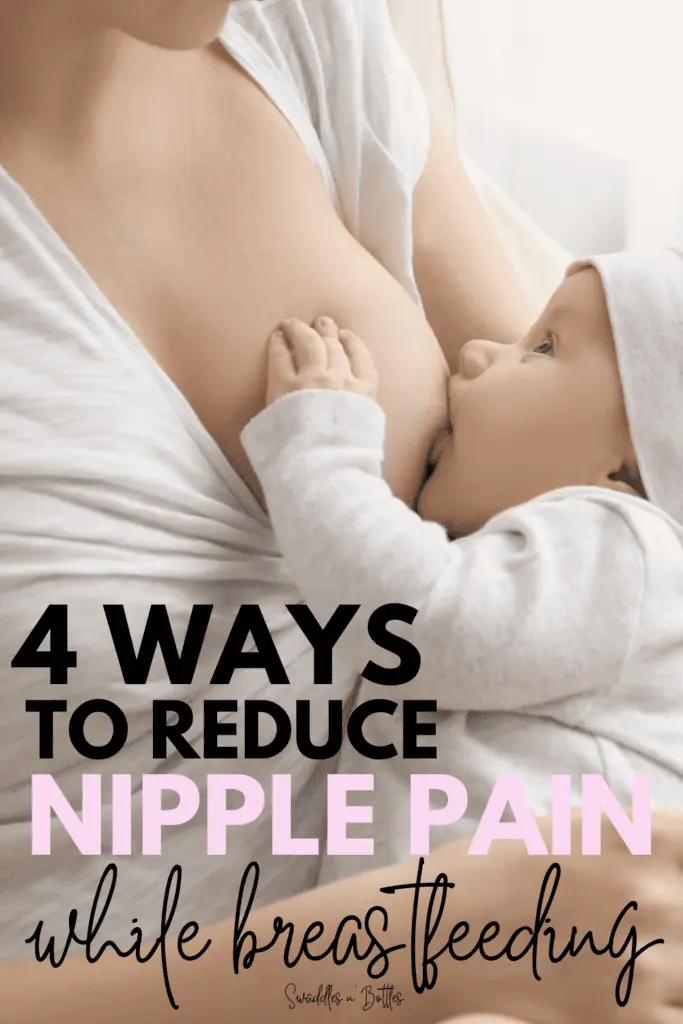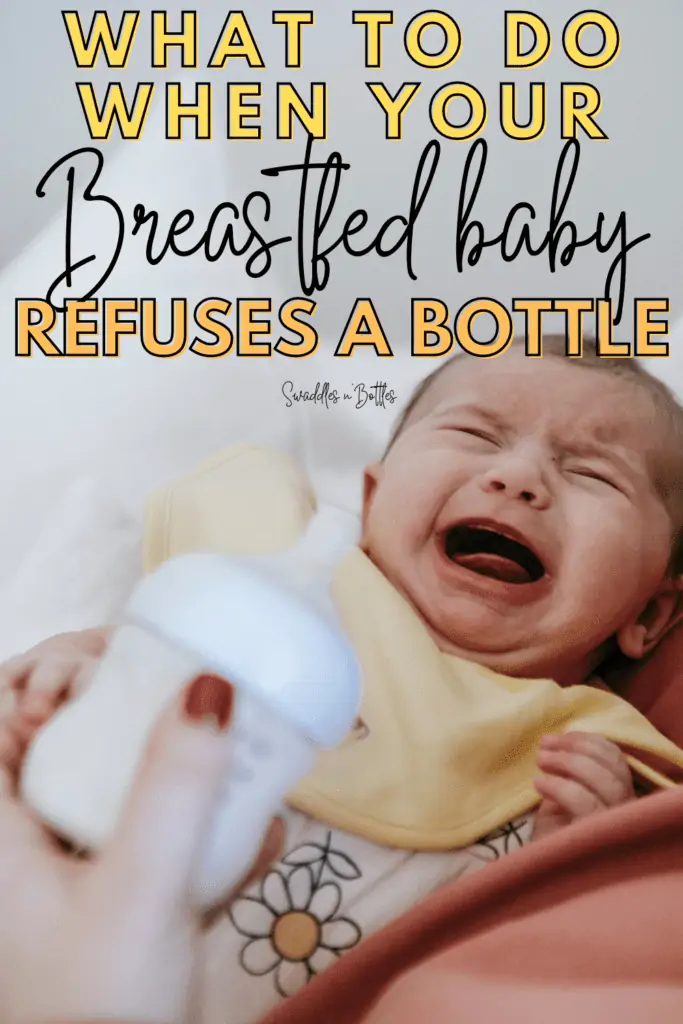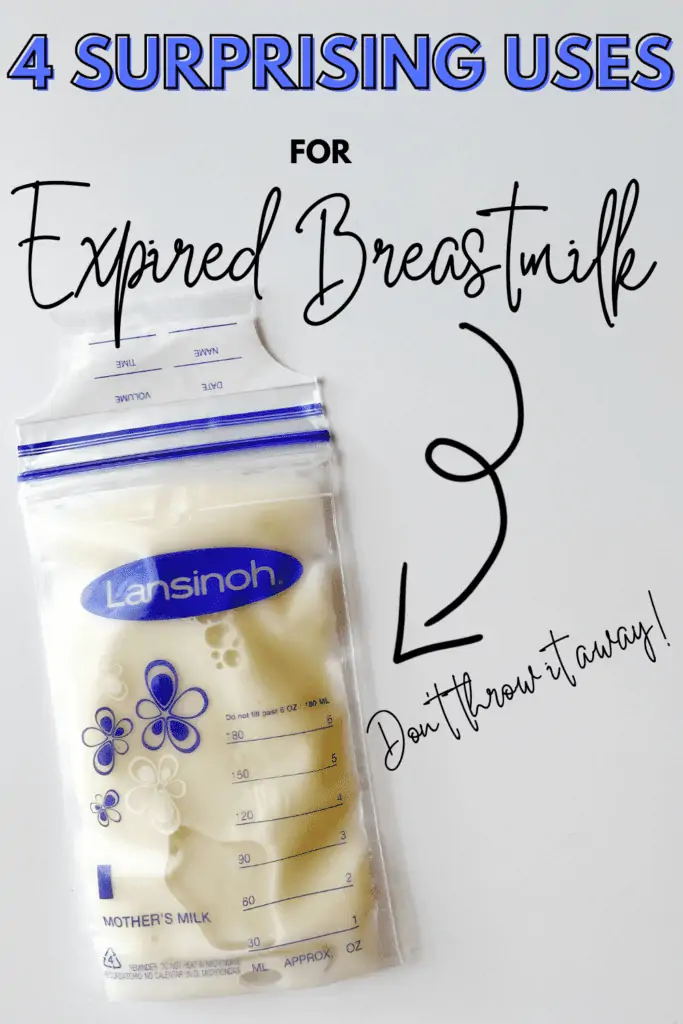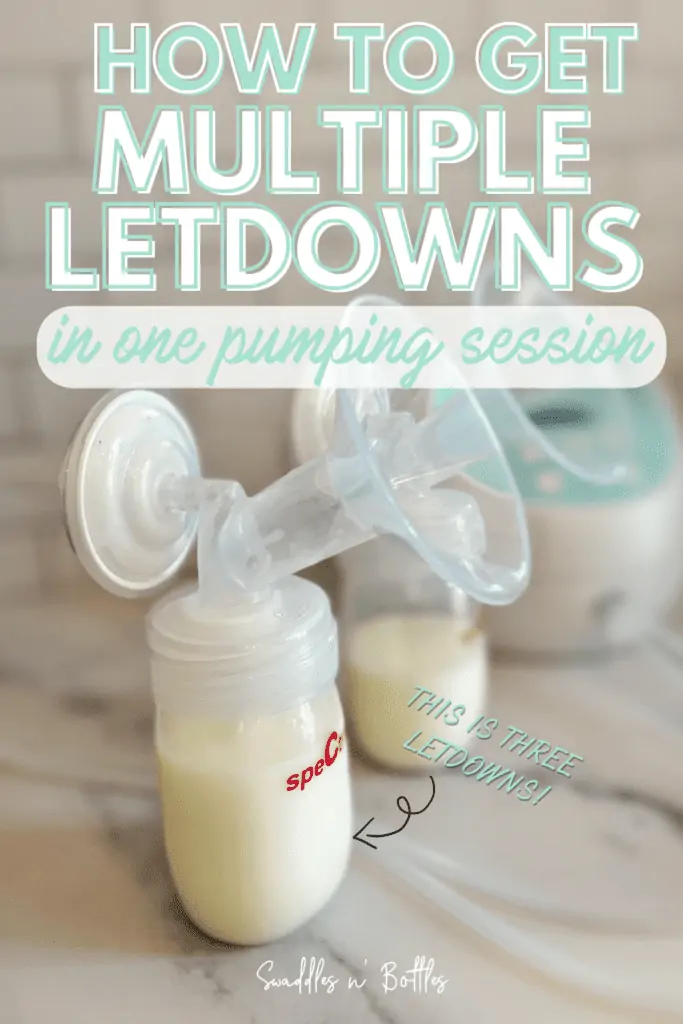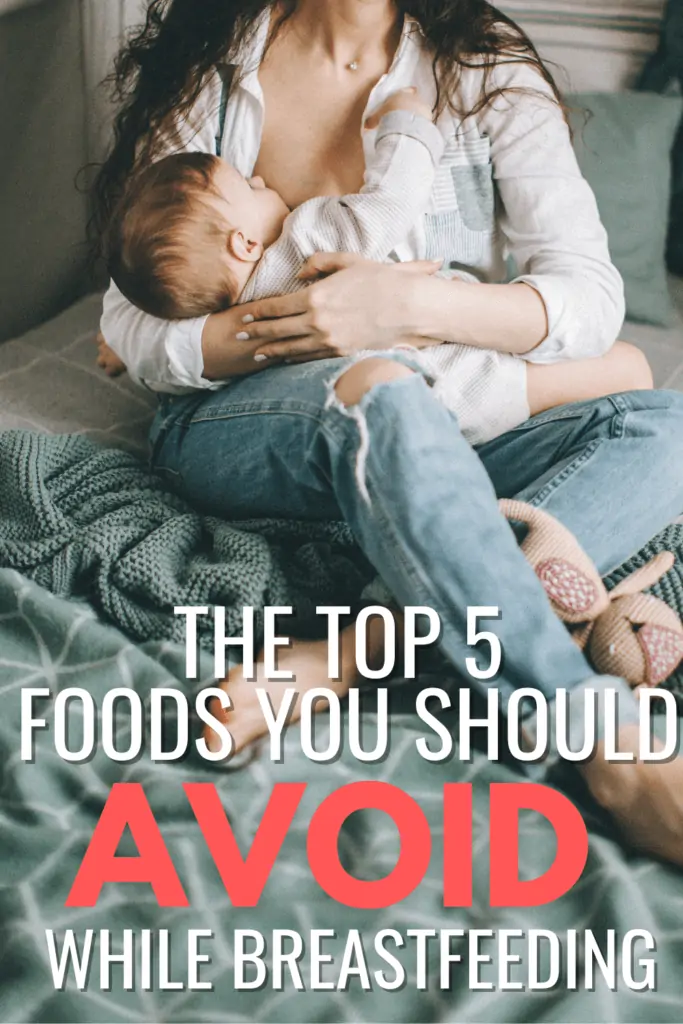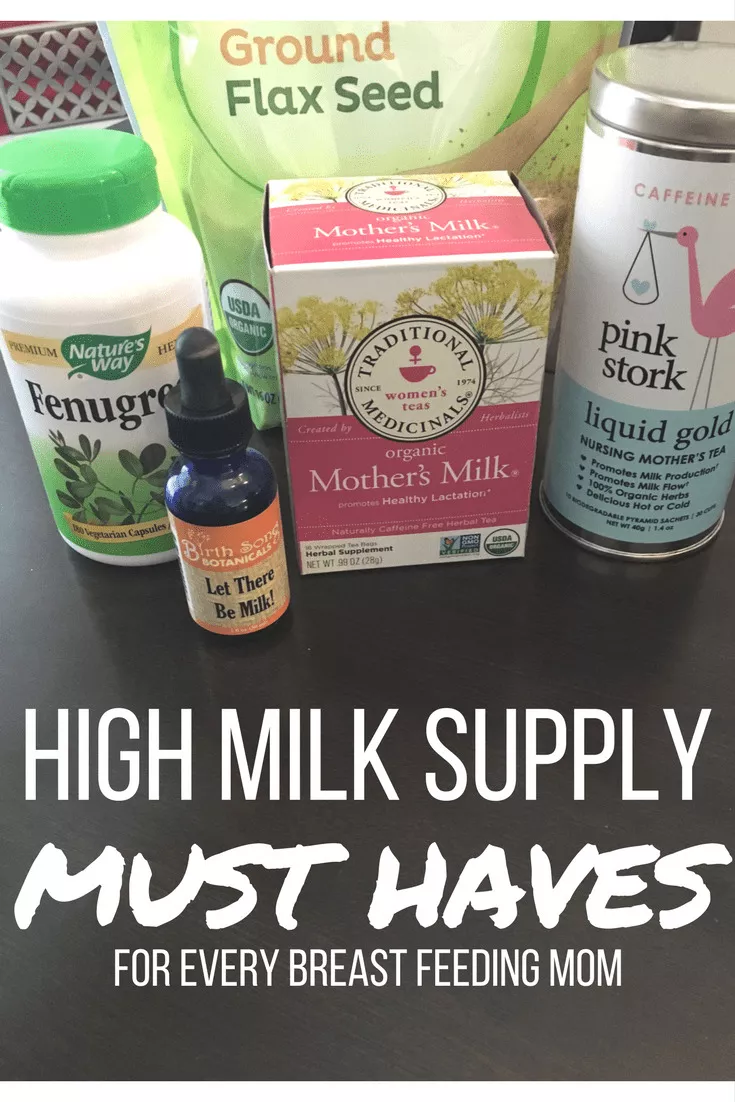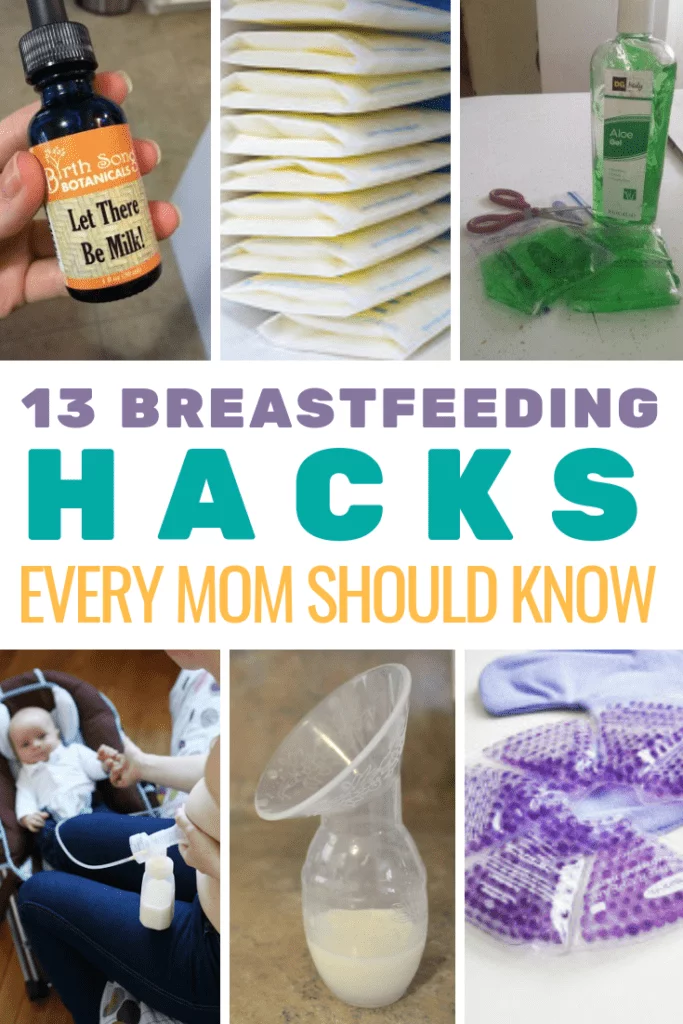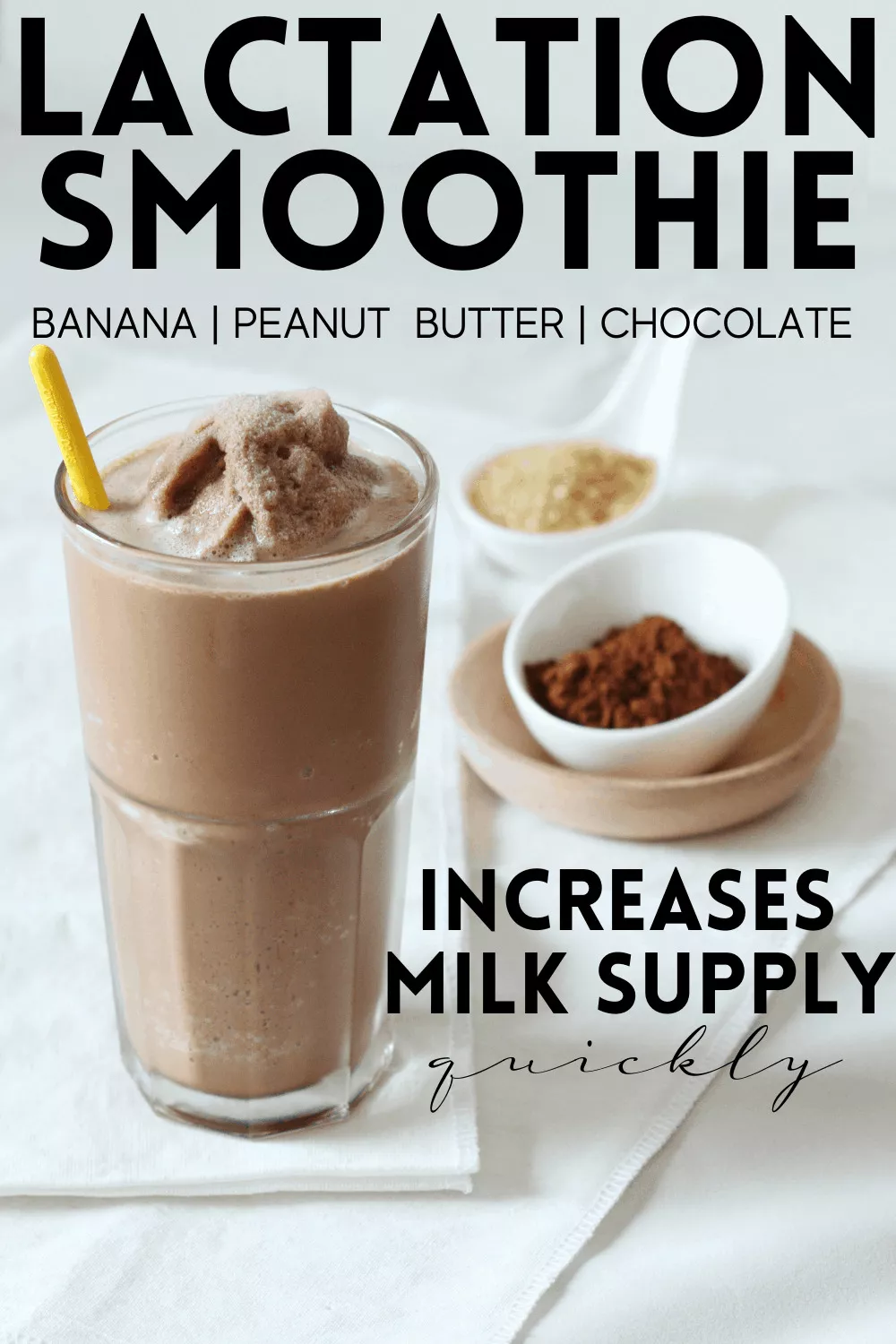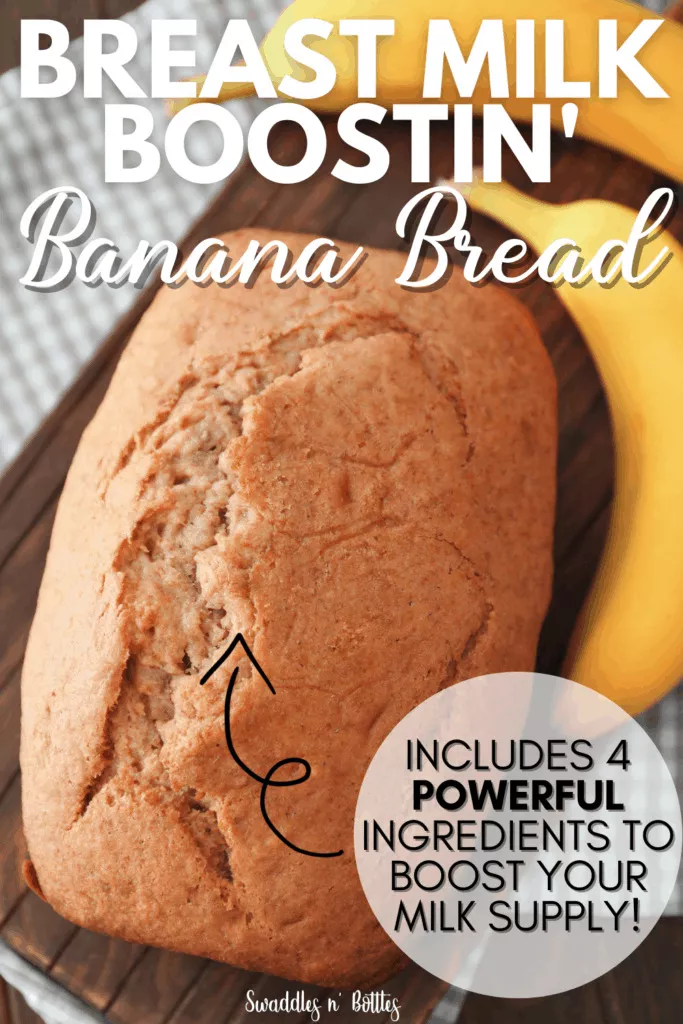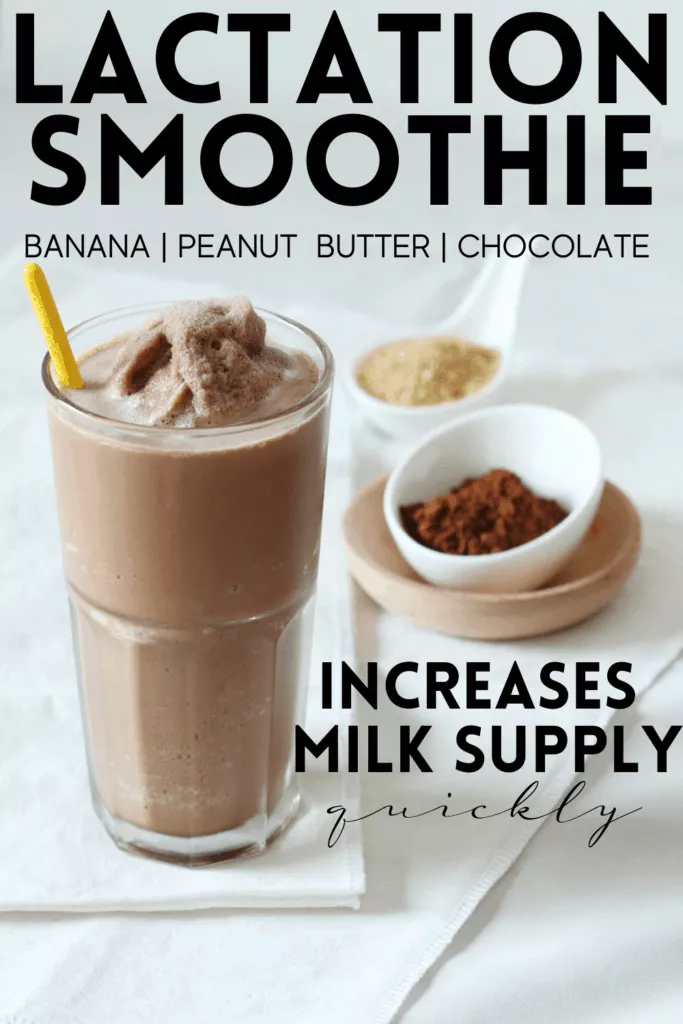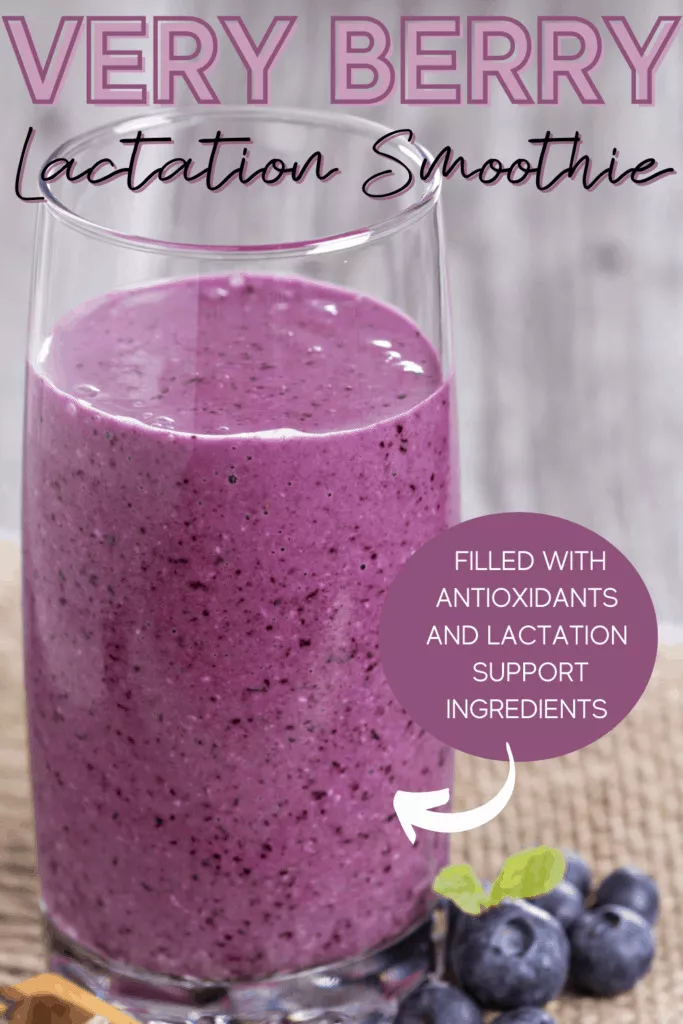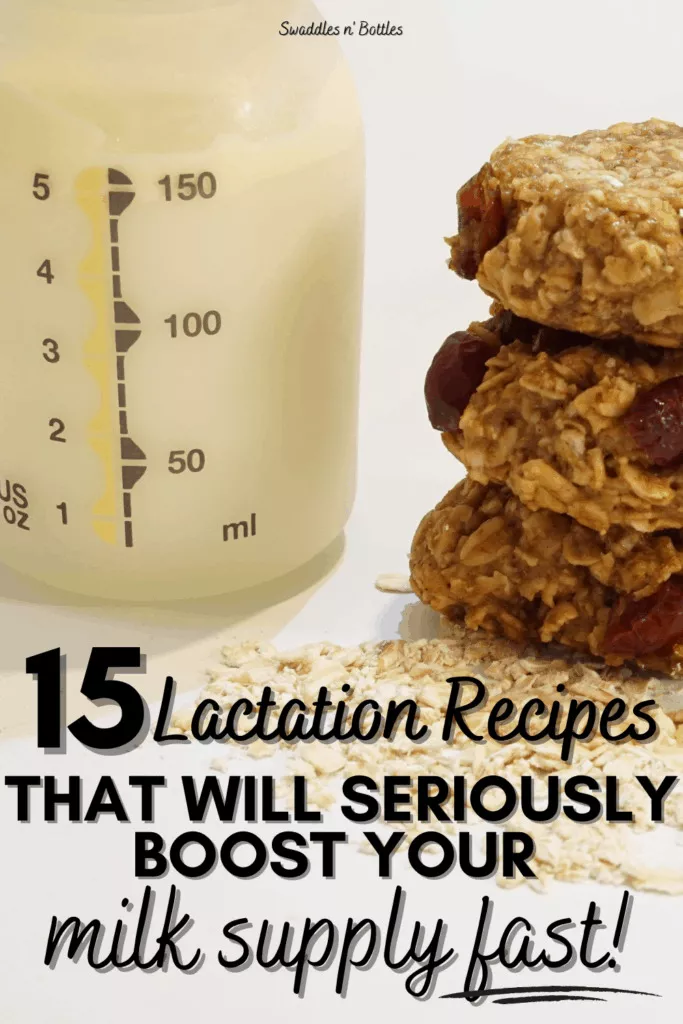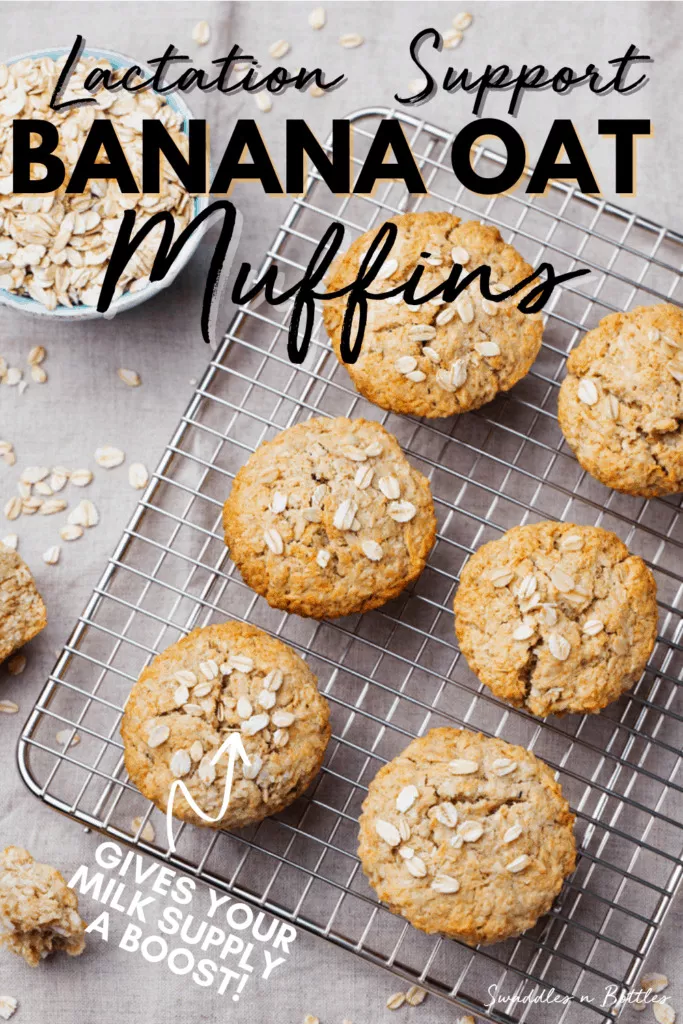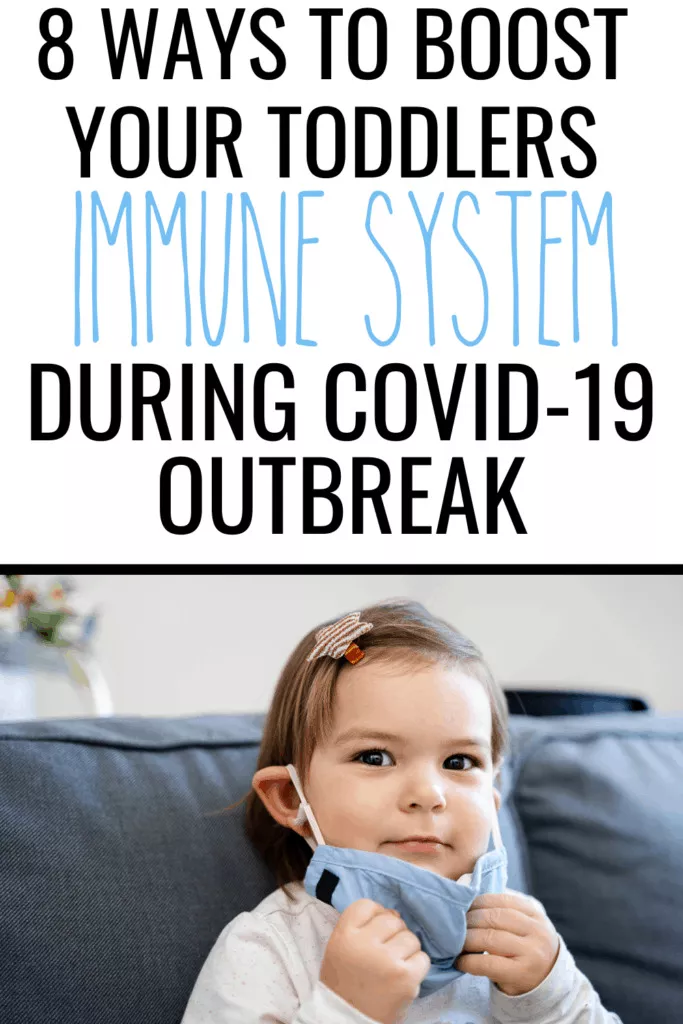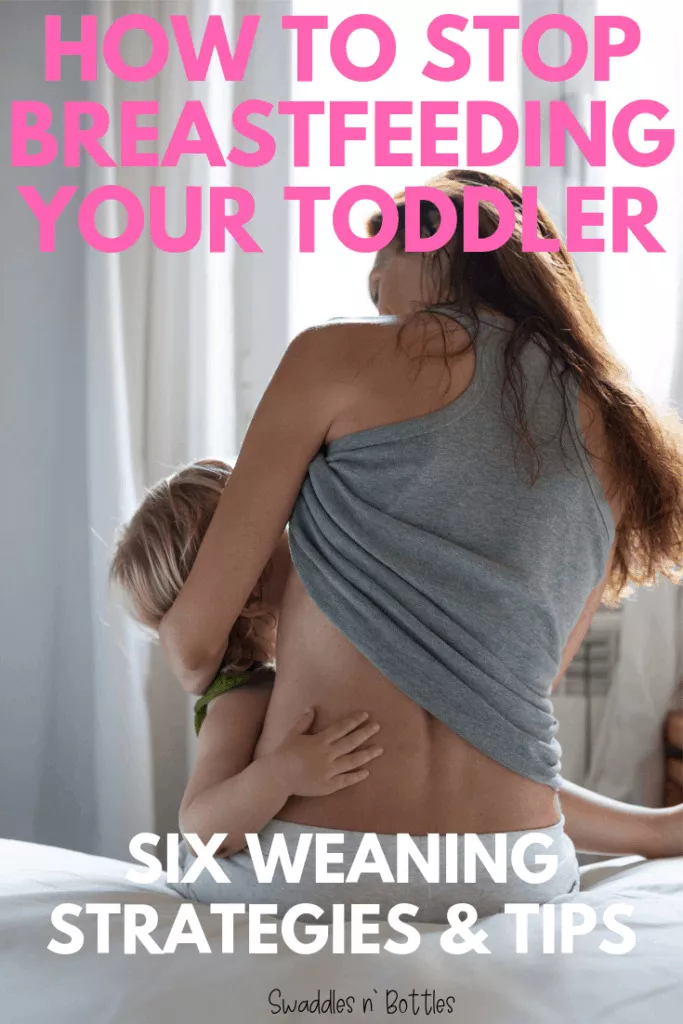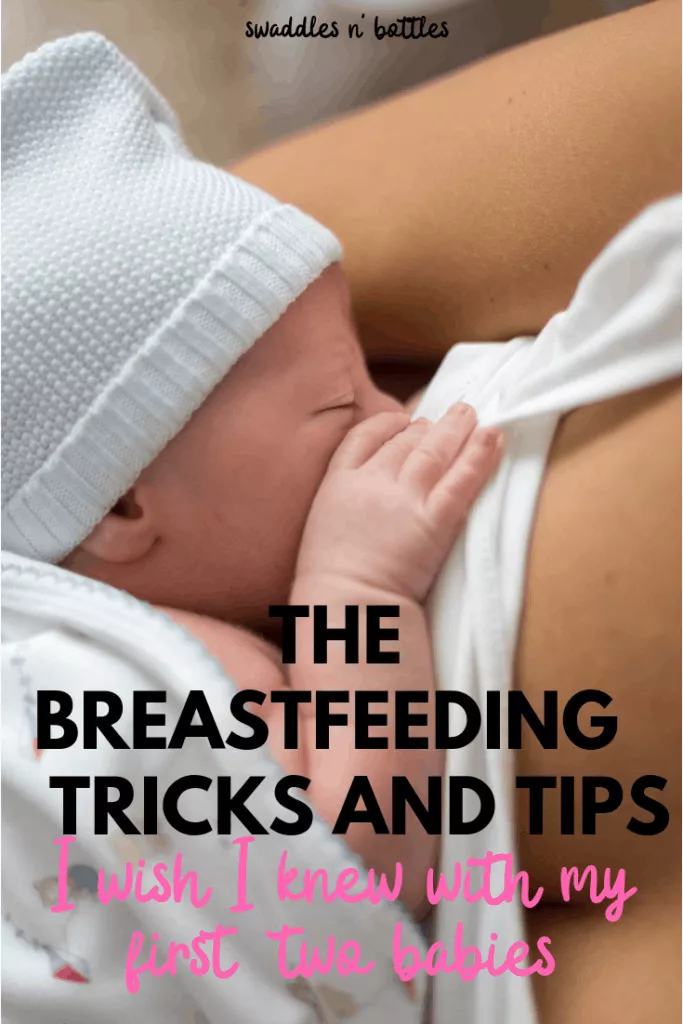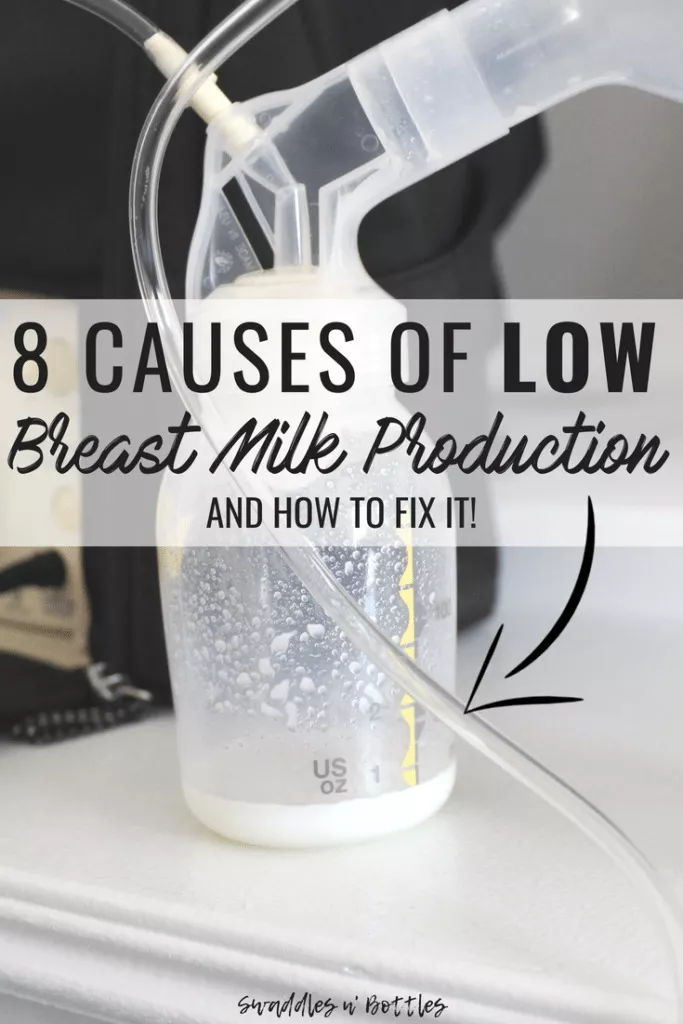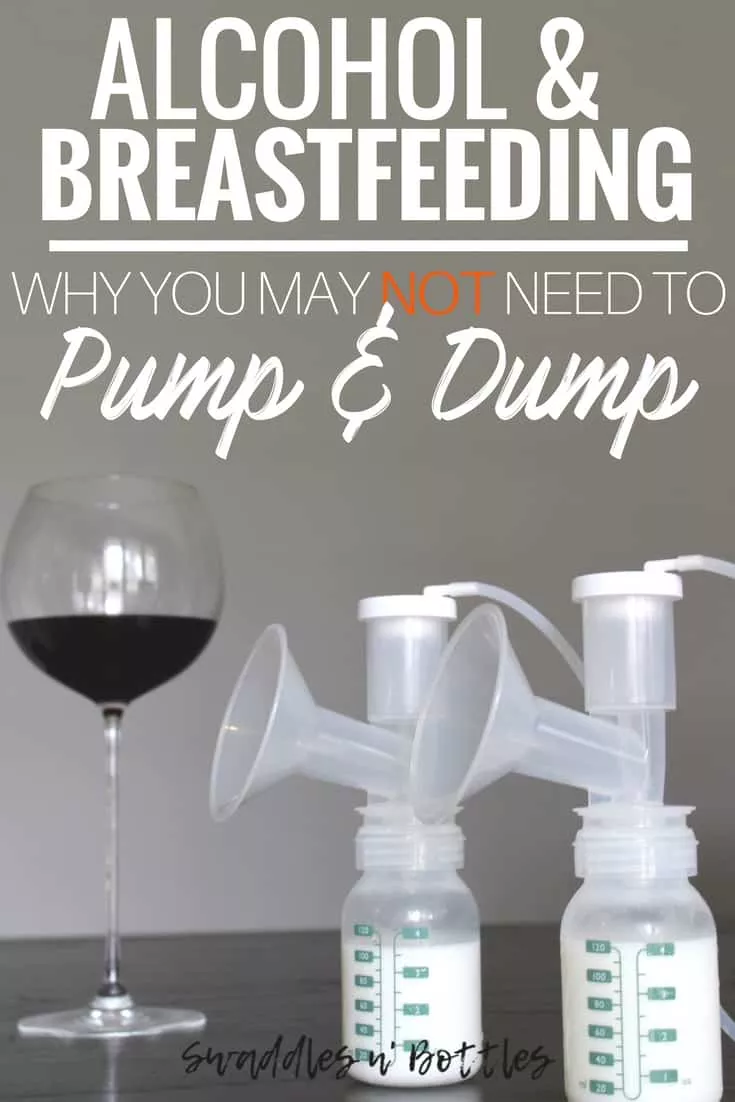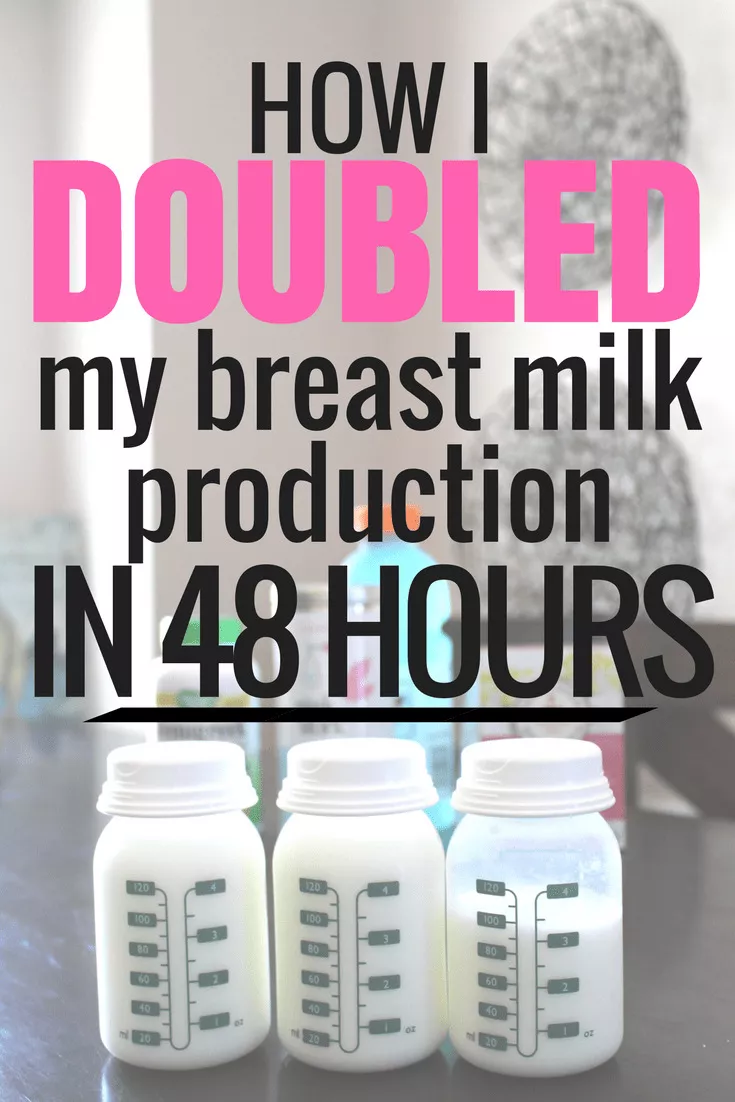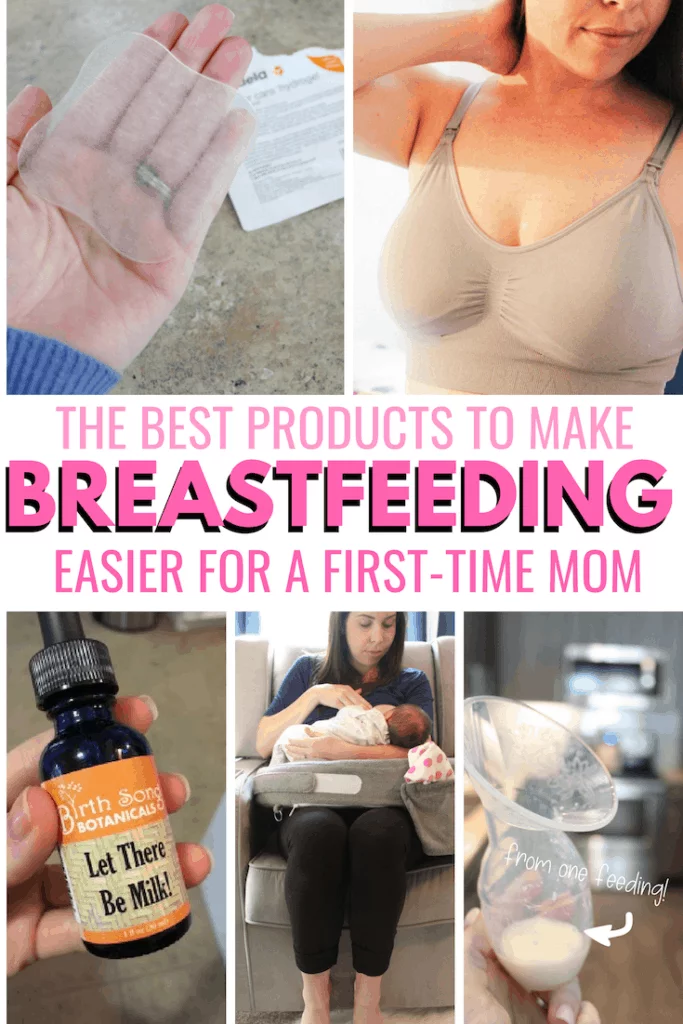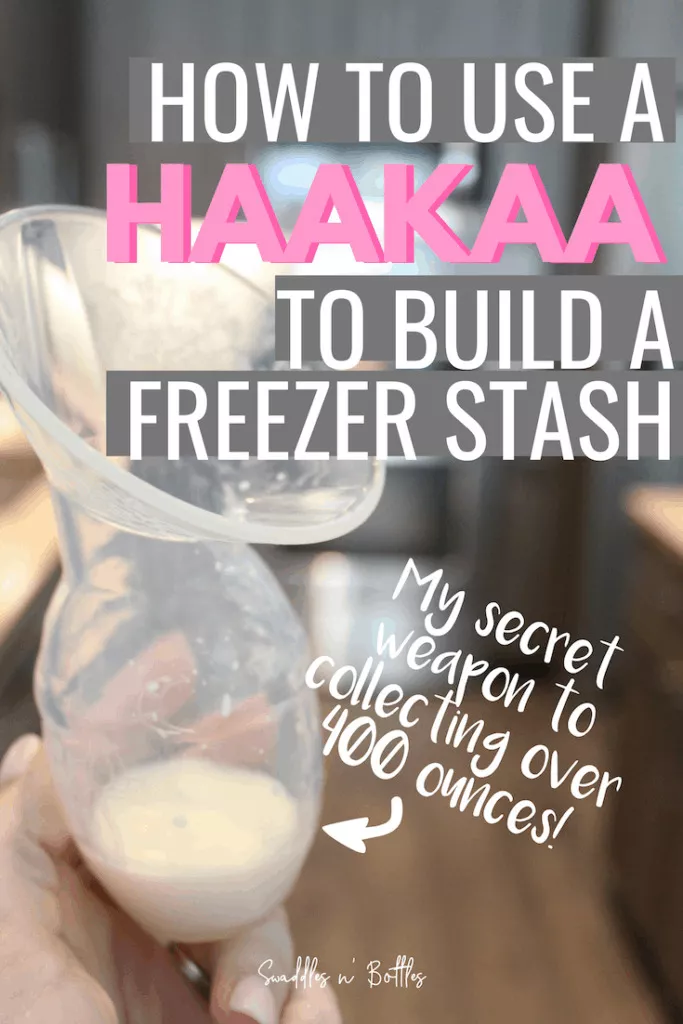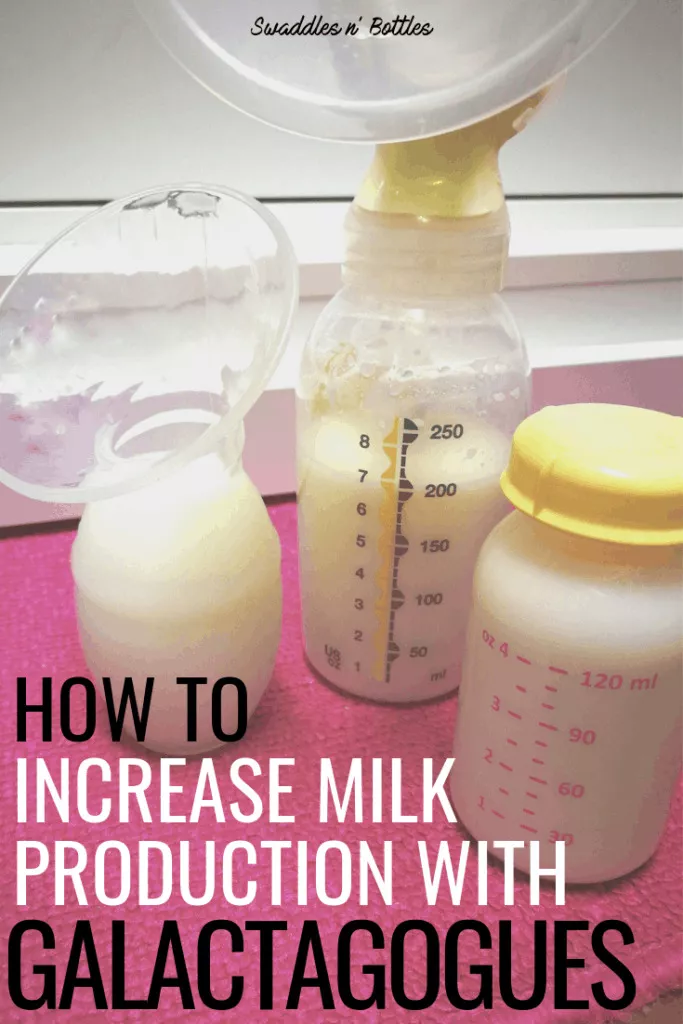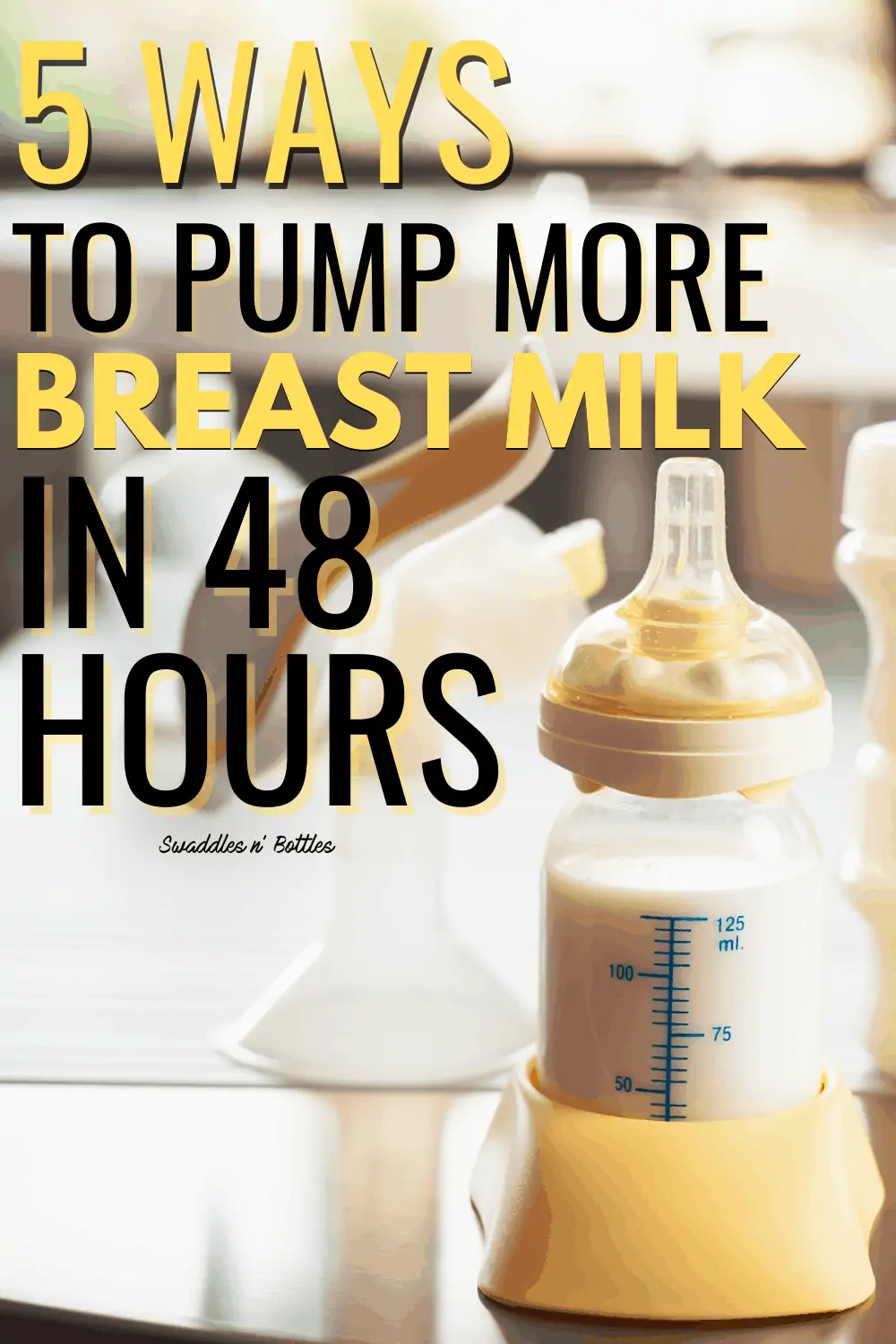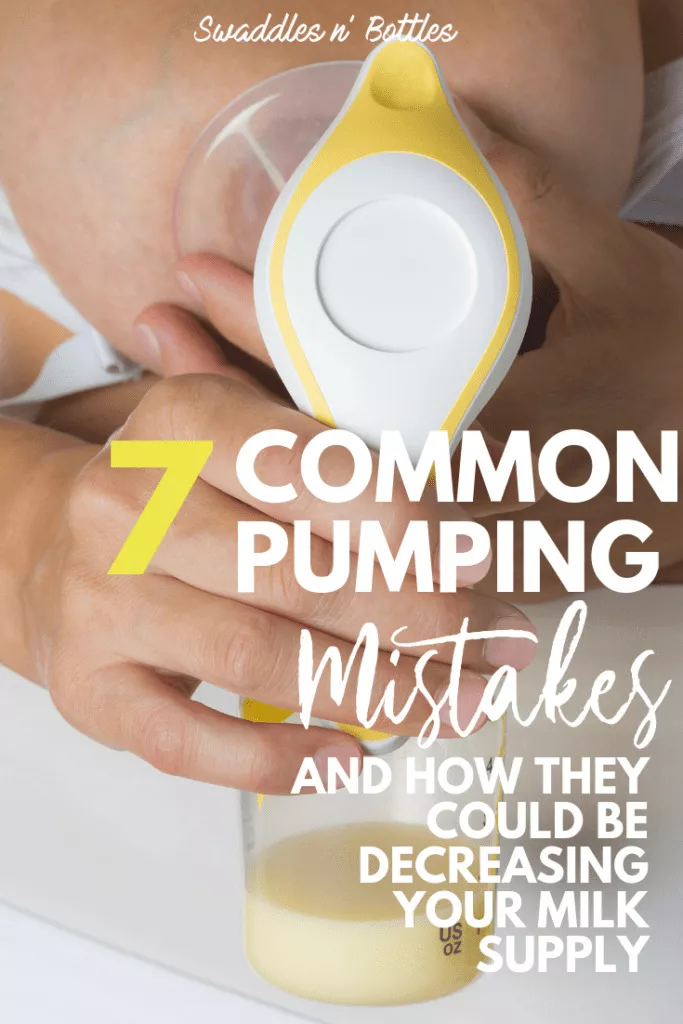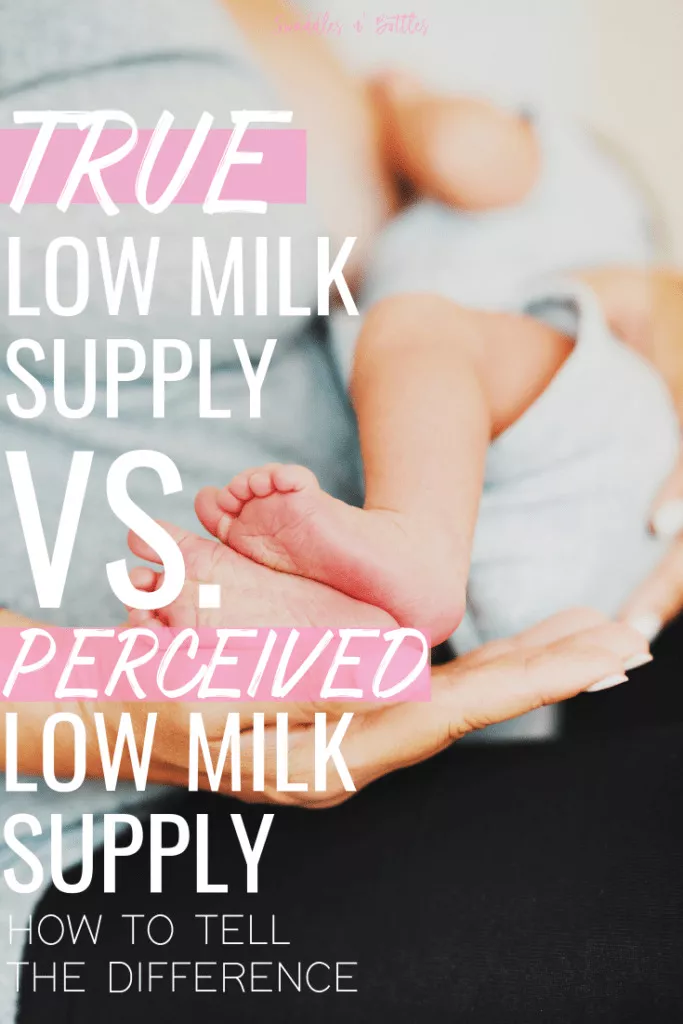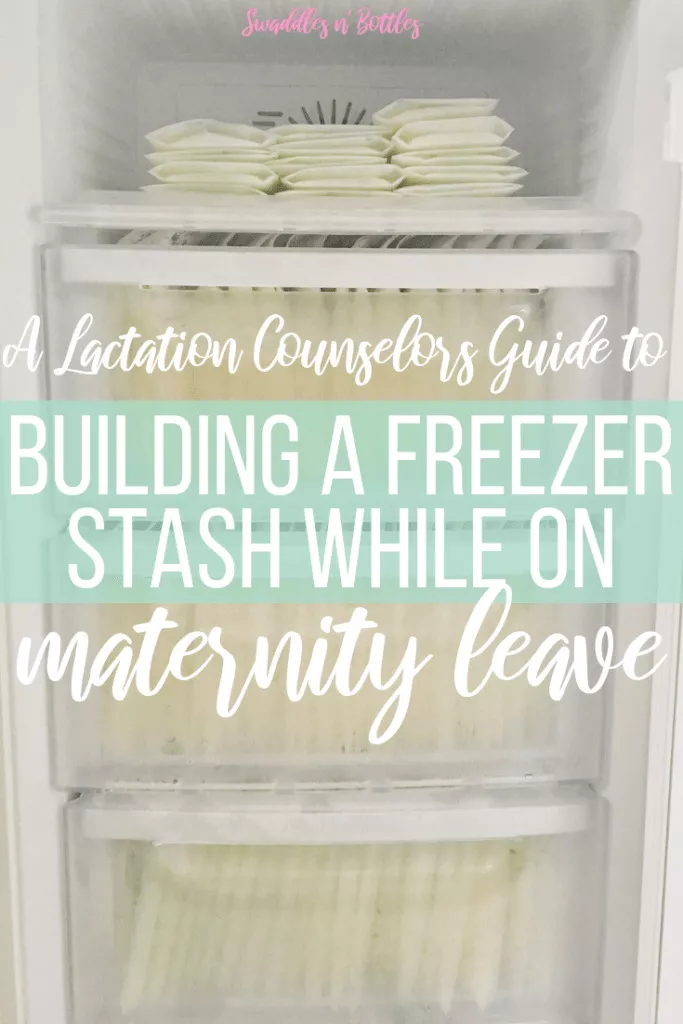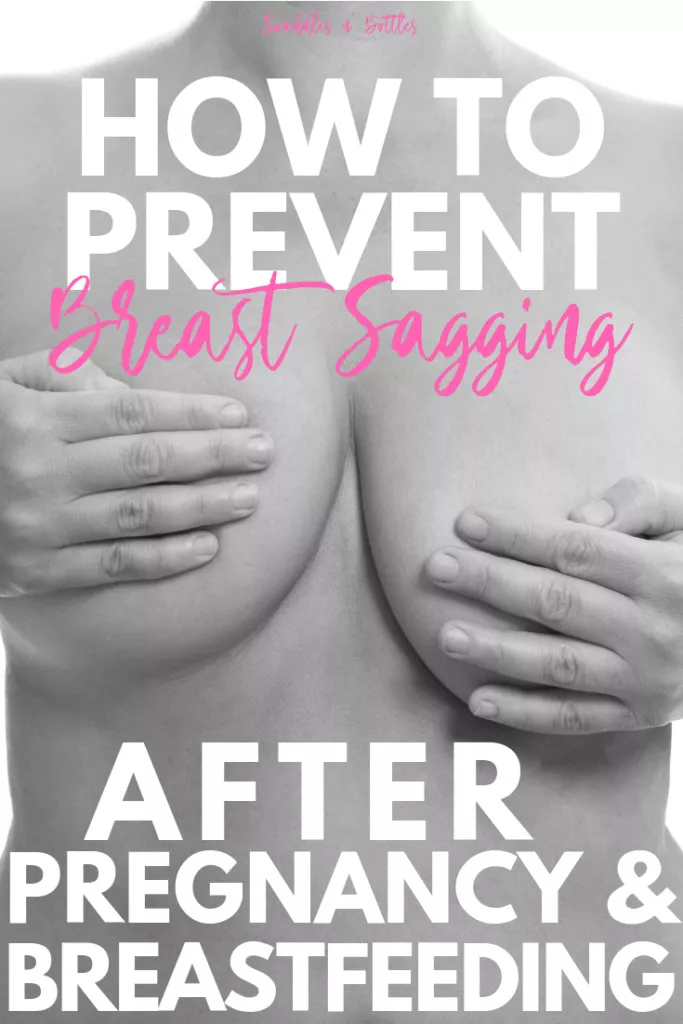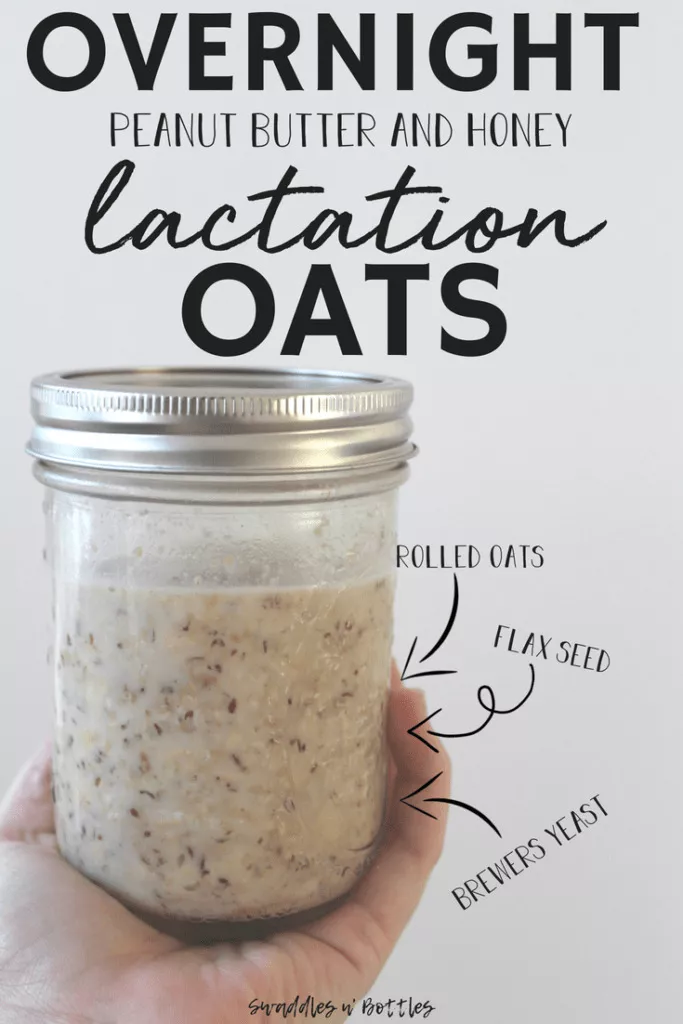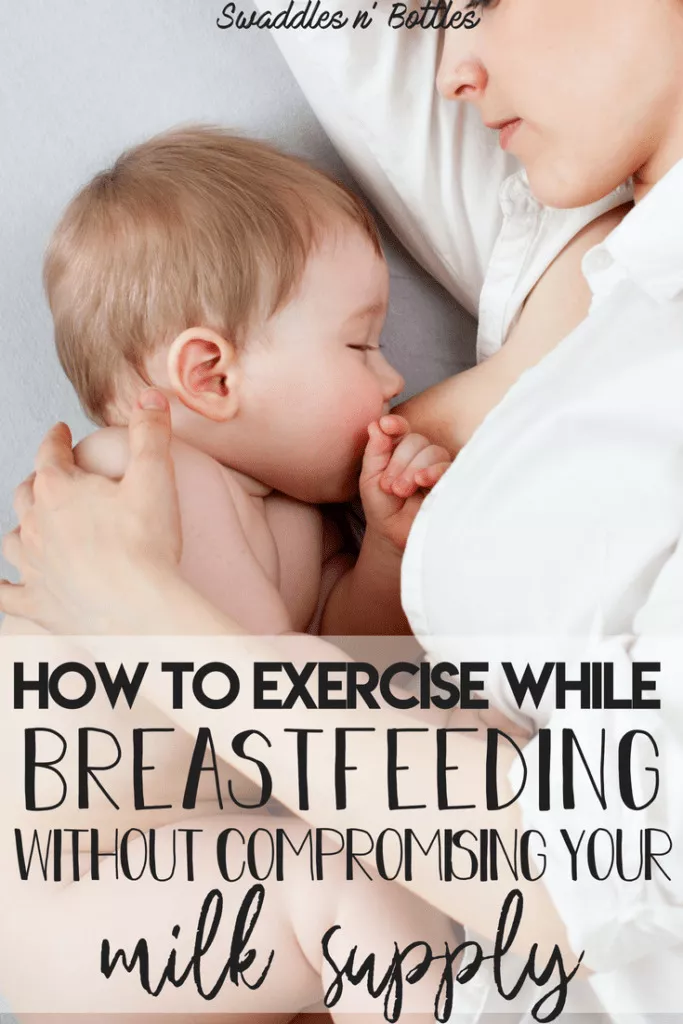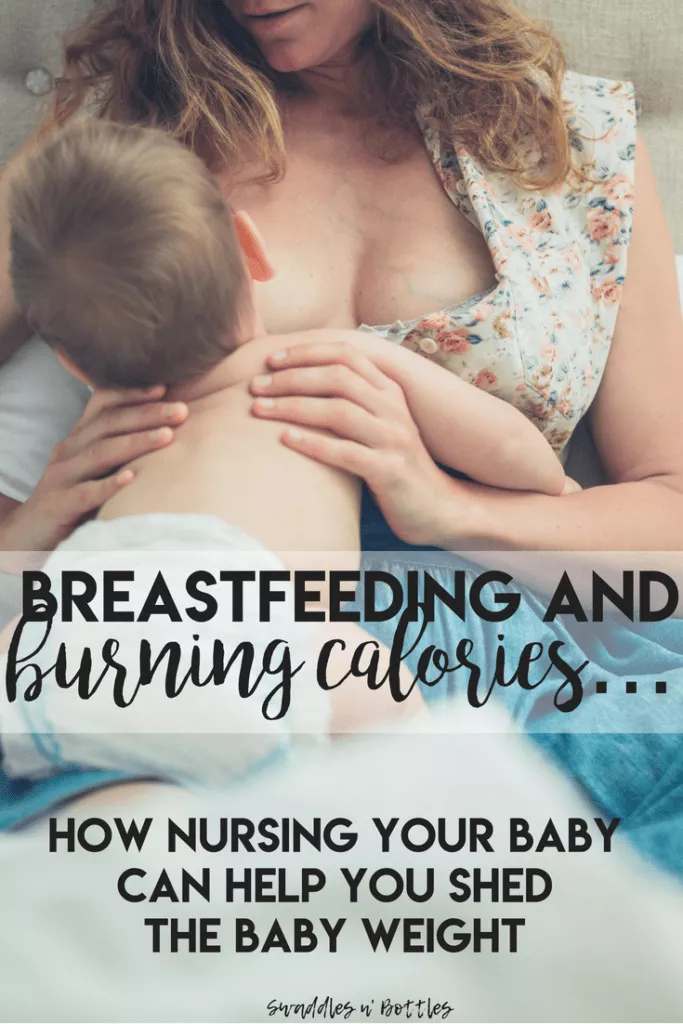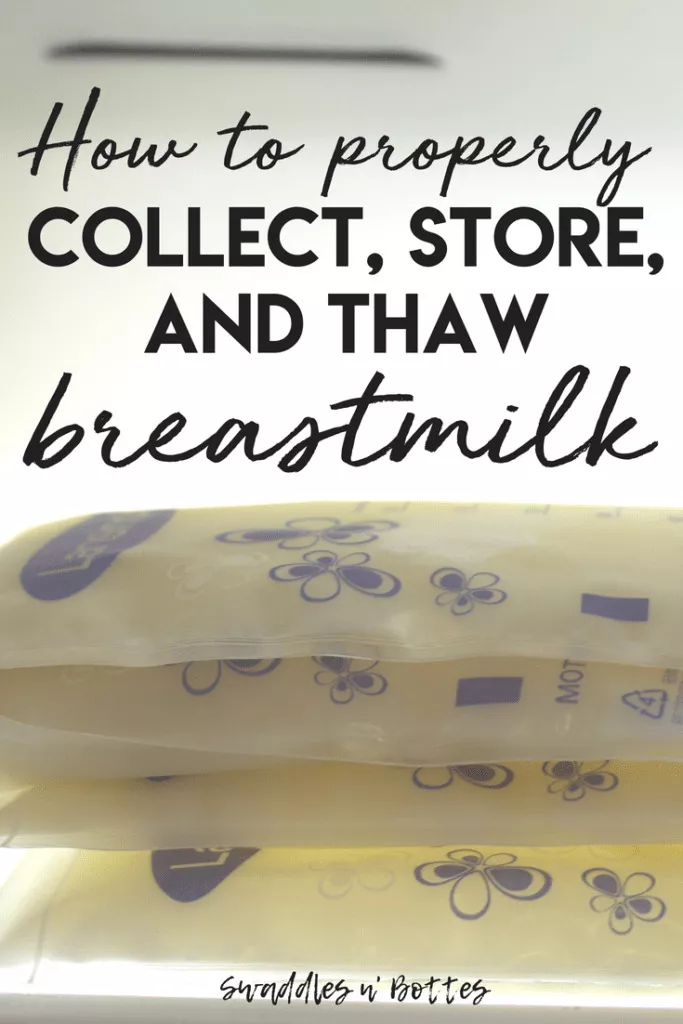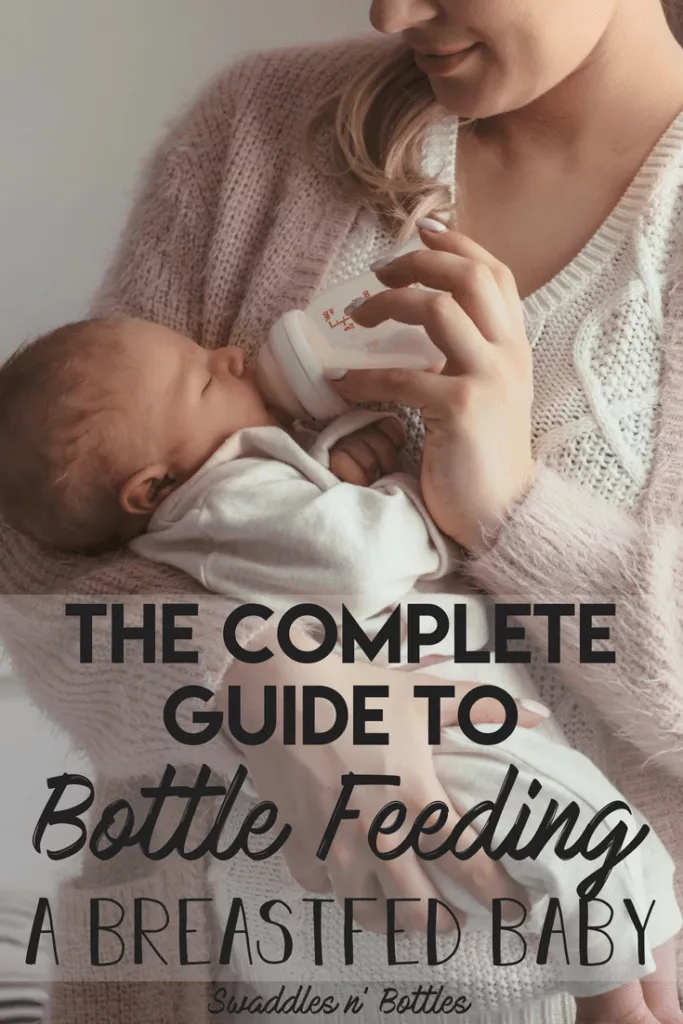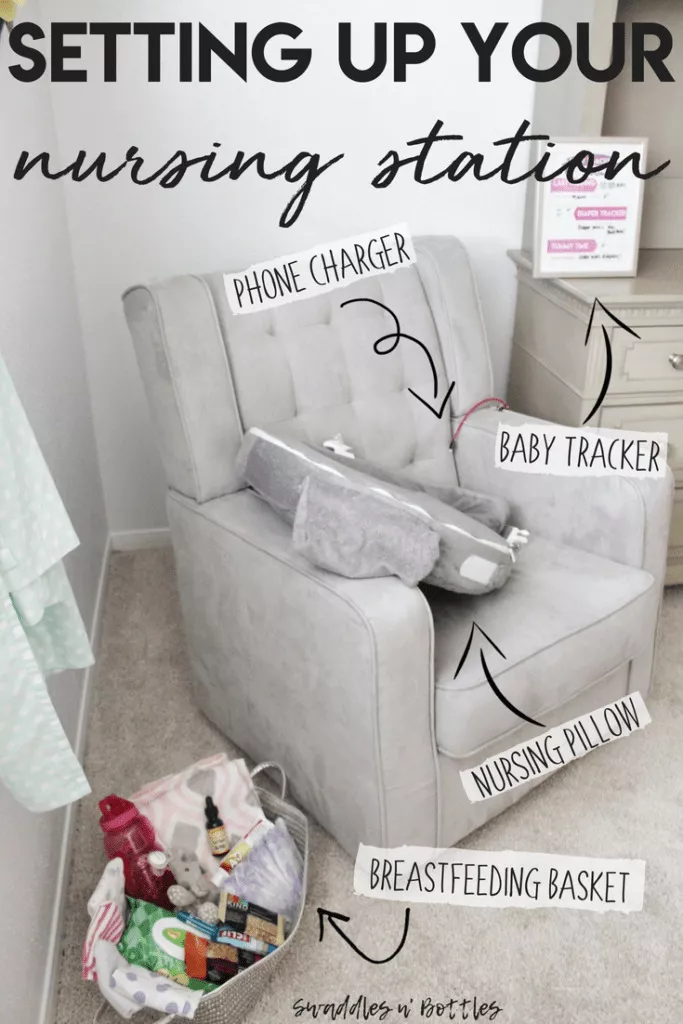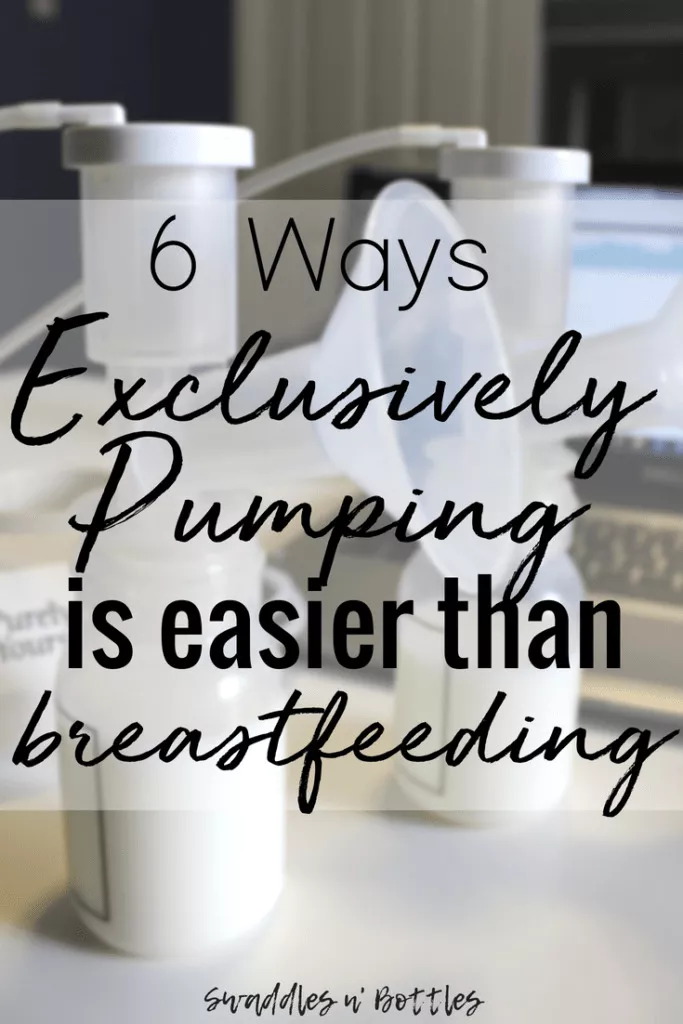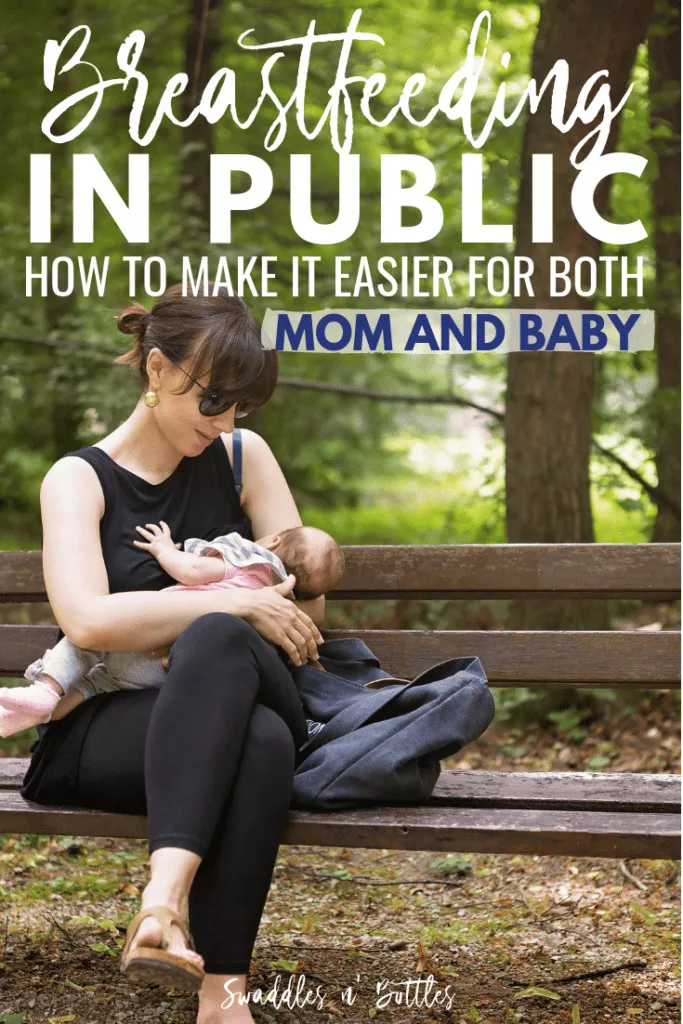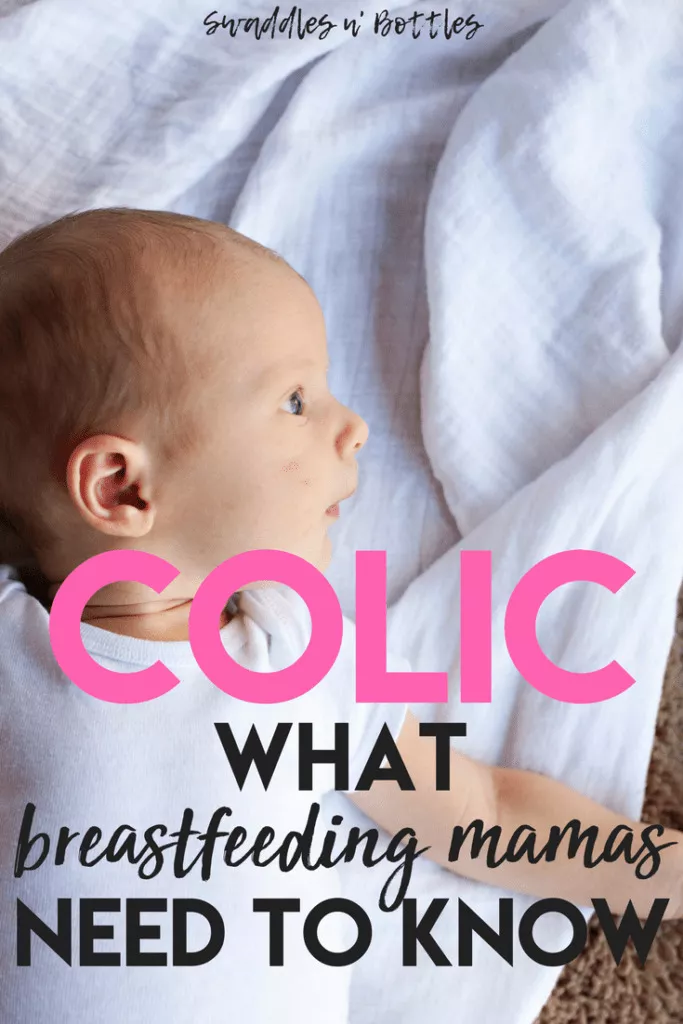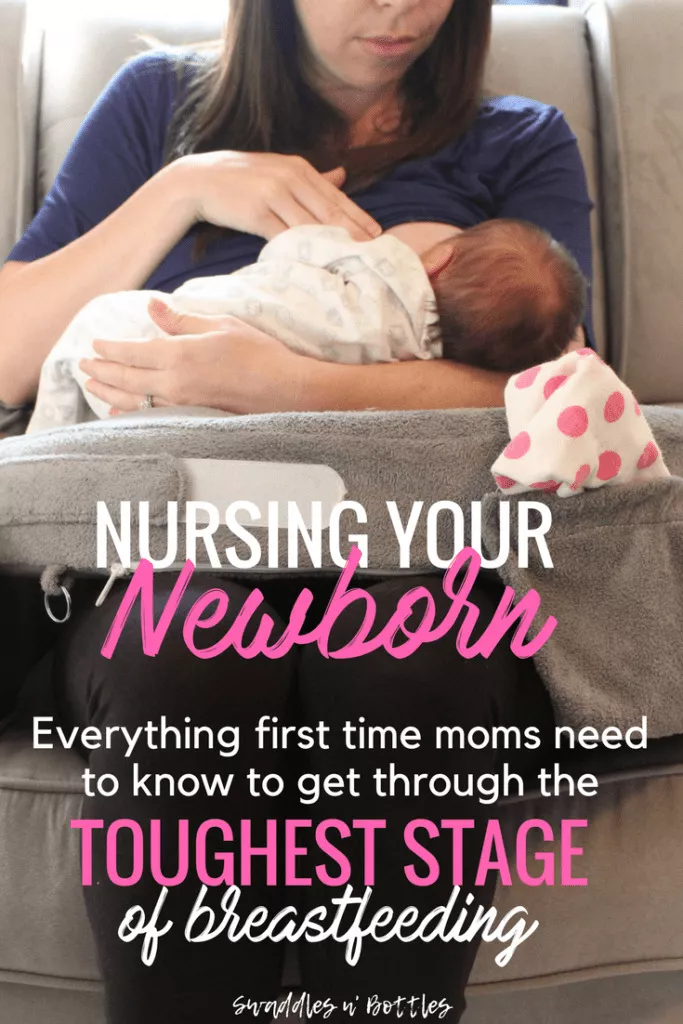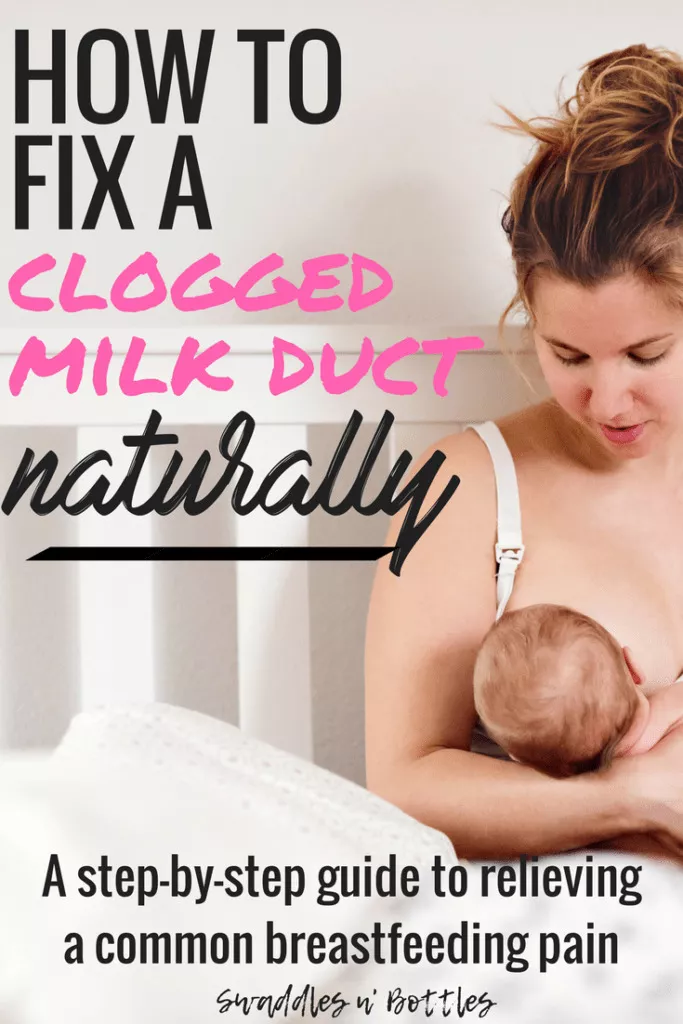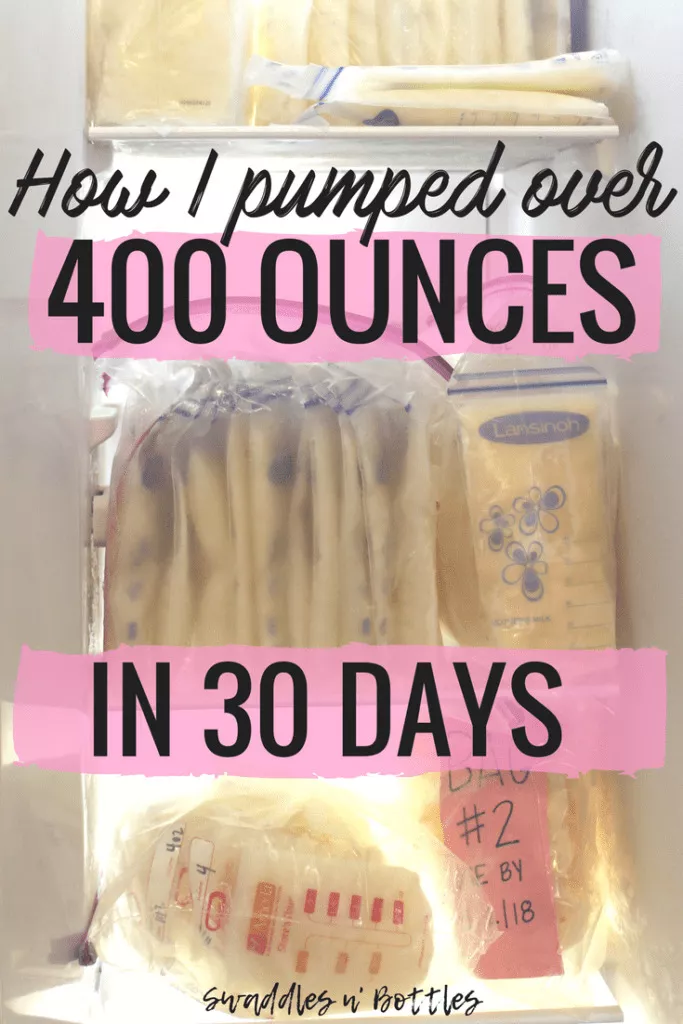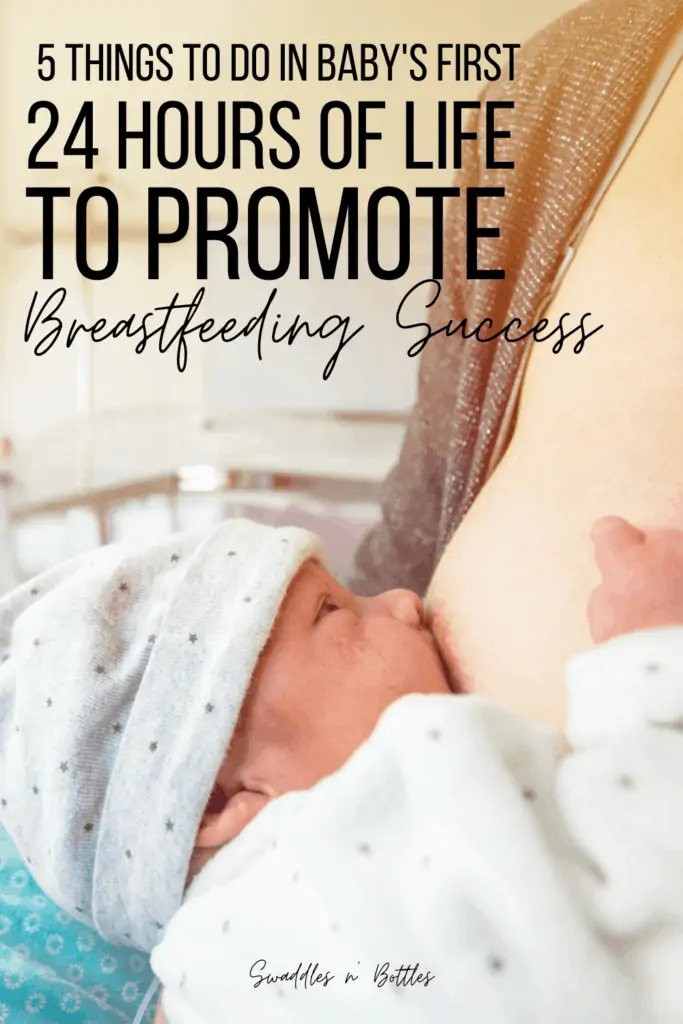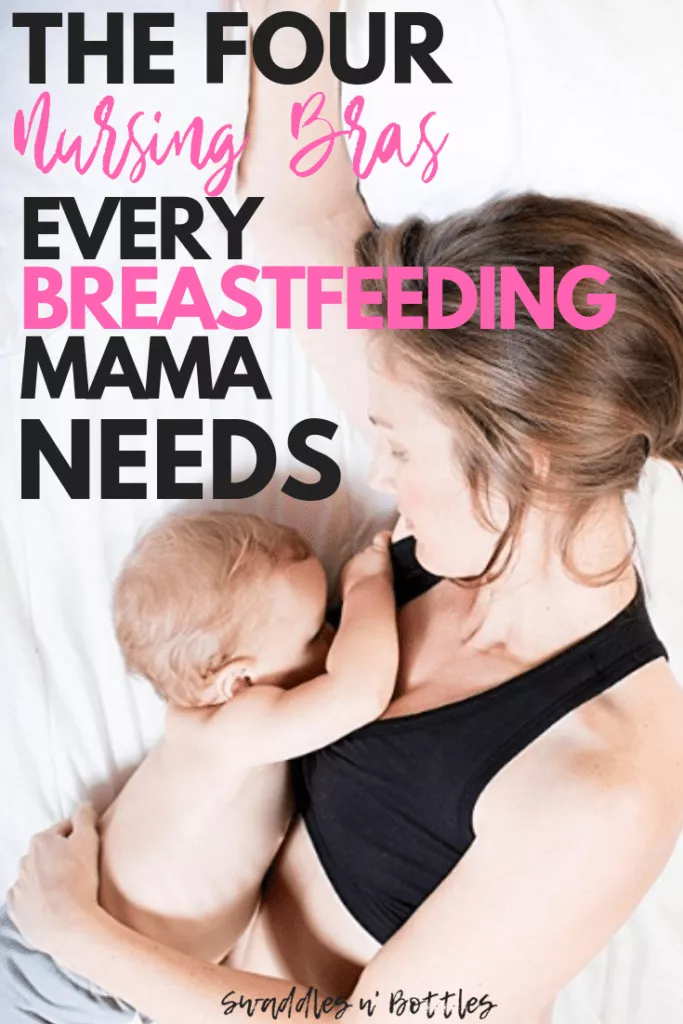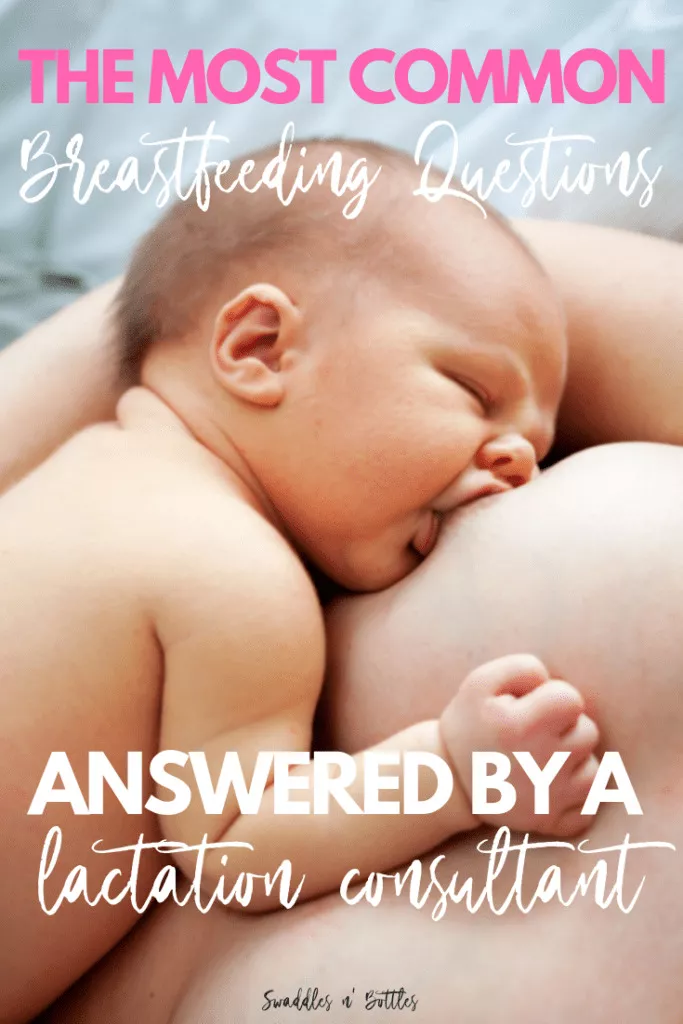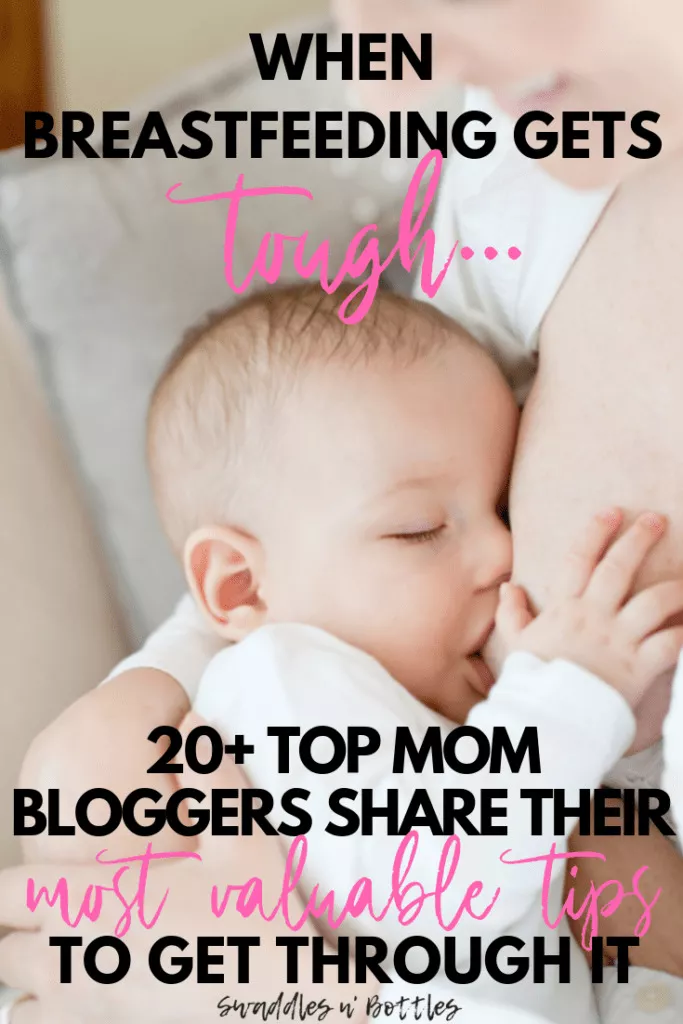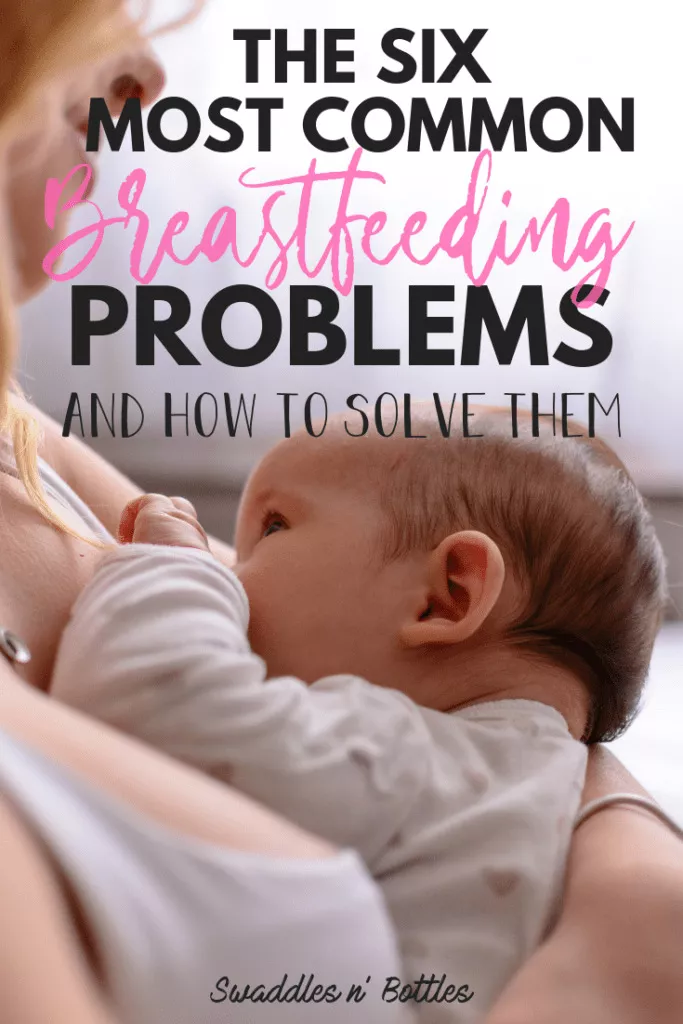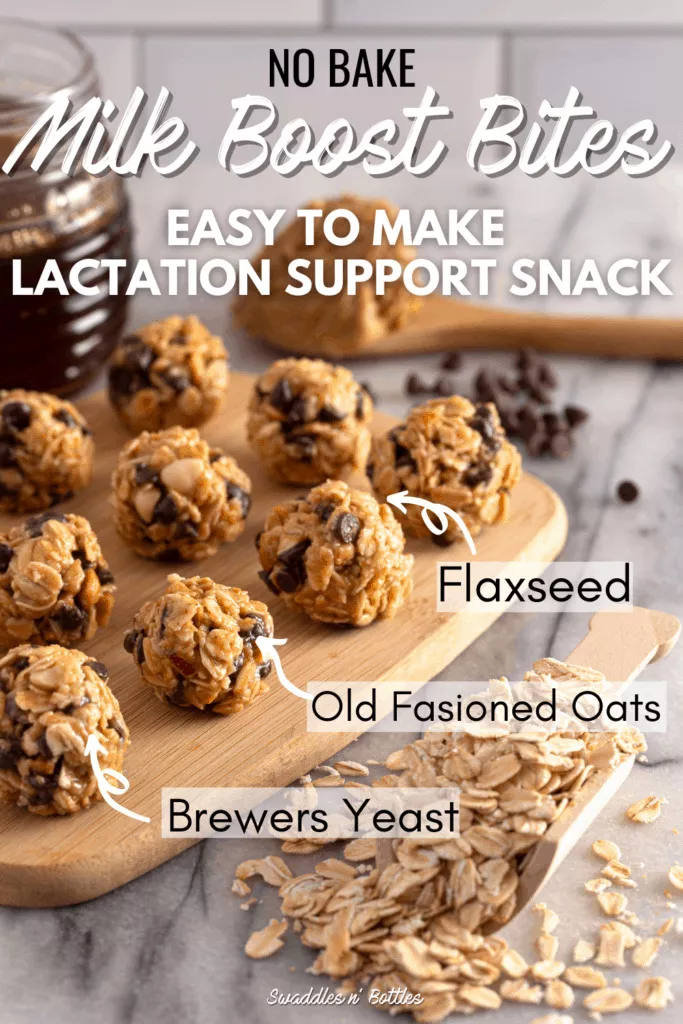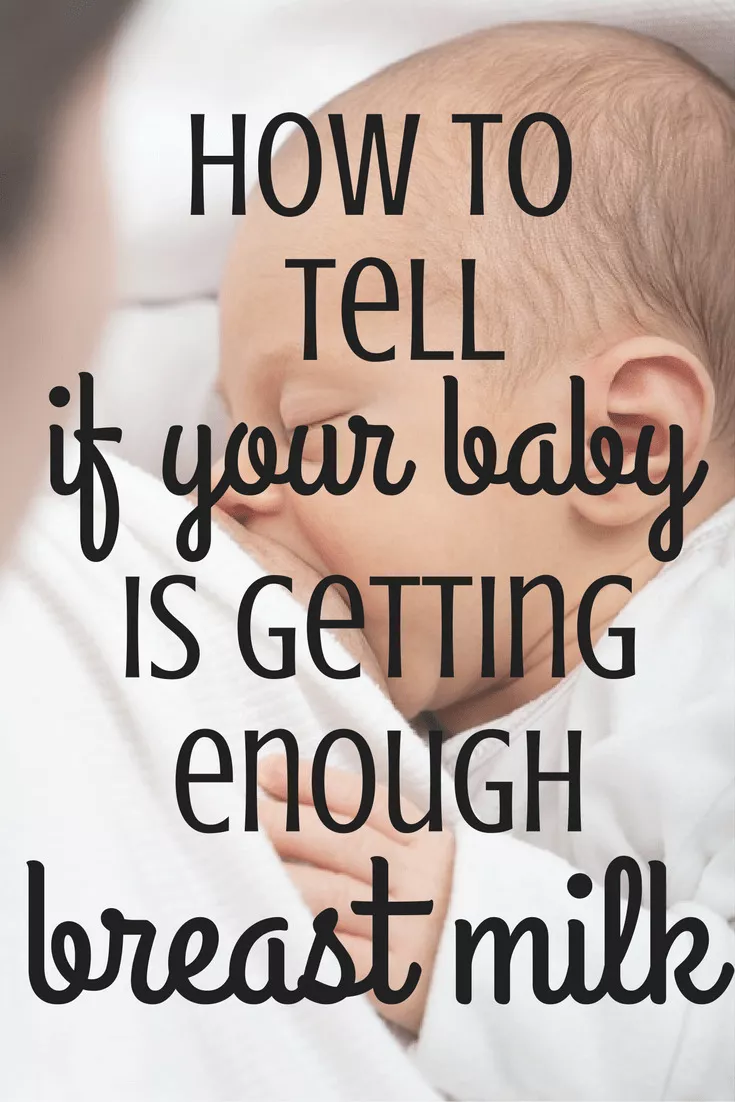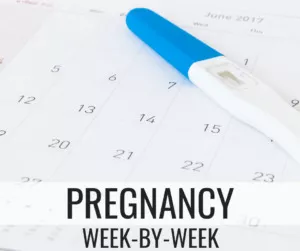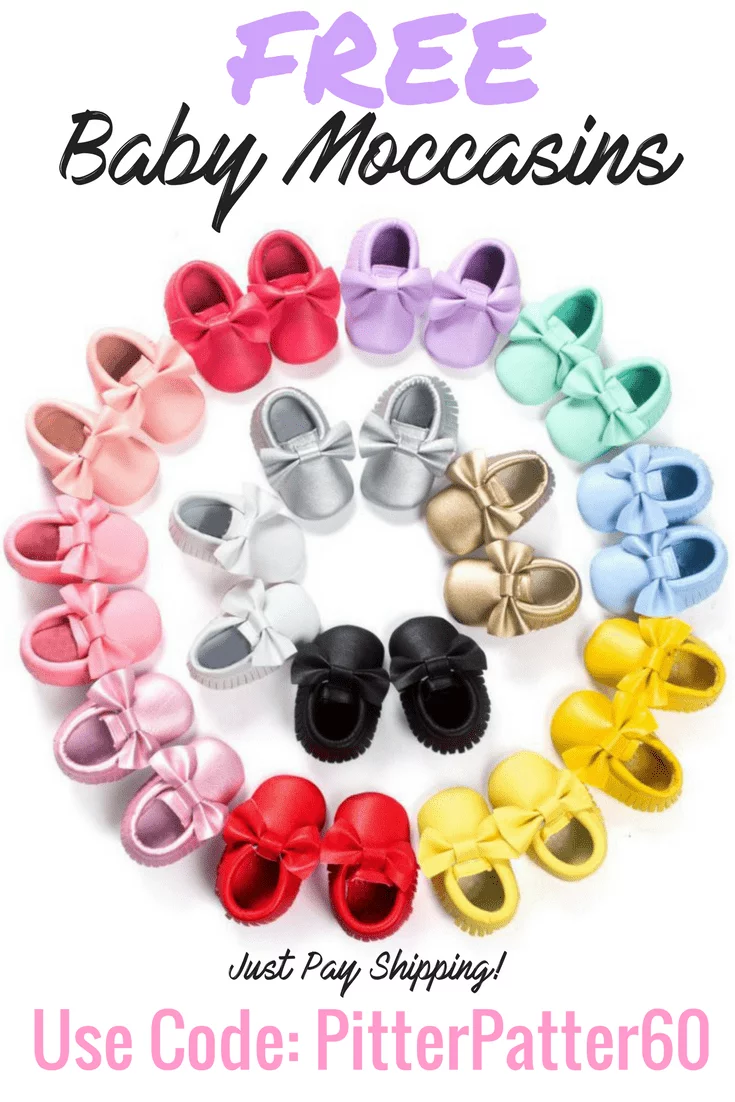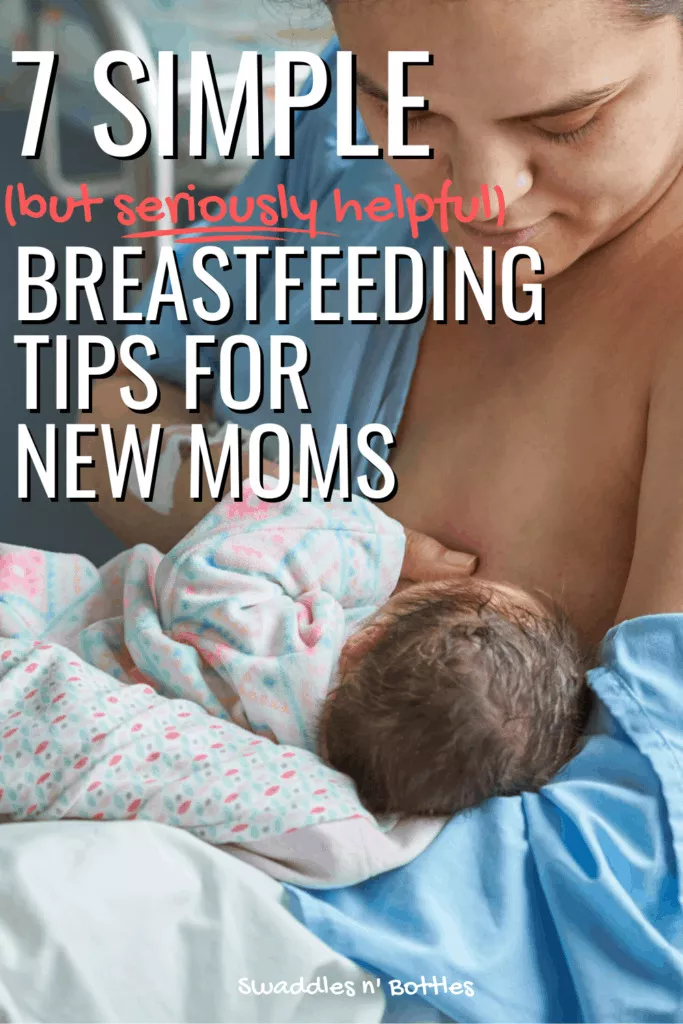
7 Simple (But Important) Breastfeeding Tips For New Moms
Breastfeeding is wonderful, but it can be extremely challenging for any new mother. Whether you are just starting off your breastfeeding journey or preparing for the same, these 7 breastfeeding tips will address some of the most common challenges you are likely to experience.
They will equip you with the information and tools you need to make your breastfeeding journey a success.
1. Latching
Obtaining a good latch is key to having a pain-free nursing session. When your baby is poorly latched, it may result in nipple soreness.
While you are still at the hospital after the baby is born, ask a lactation nurse or counselor to teach you how to latch the baby correctly. This will save you a lot of pain in the early days of breastfeeding.
When the baby is latched properly, all of your nipple and as much of the areola (the darker area around your nipple) as possible is in the baby’s mouth. You should not feel like they are biting or pinching you.
Tip: To prevent hurting your nipples, make sure you break the latch and start over whenever your baby is not latching well. You can do this by inserting your cleaning finger at the corner of your baby’s mouth and between the gums.
2: Start immediately
If you are planning on breastfeeding your newborn, start nursing immediately after the baby is born if it is possible.The urge to suckle is strongest in the first few hours after birth.
Tip: Put the baby to breast for 30minutes to 2 hours as you enjoy skin to skin contact. Skin to skin contact calms and relaxes both mom and baby and stimulates hormones that support breastfeeding. That early start to breastfeeding is beneficial to both you and your baby.
3. How to tell when baby is hungry and needs a feed
When you are being discharged from the hospital you will likely be told to nurse-on-demand and to not go more than 4 hours before a feed.
However, as the baby is growing older you will need to learn the baby’s hunger cues so that you can tell when they want to be fed even before they start crying. It is best to feed your baby when they are alert.
Tip: Here are a few signs that your baby probably needs a feed.
- Baby is smacking lips
- They are being squirmish or folding up
- Sucking on hands
- Opening mouth and turning head
- Fussiness
4. Your nipples will thank you for this tip
I highly recommend that you pack nipple cream in your hospital bag for delivery and start using it as soon as possible. Use it before your nipples hurt because if you don’t, they will hurt eventually.
Nipple cream keeps your breasts moisturised and helps to prevent dryness and cracking.
Tip: Get a natural nipple cream which is safe if ingested by your baby during breastfeeding. This is so that you don’t have to keep wiping it off before every feed. I used the Earth Mama nipple butter and it was fantastic.
You will most likely only need one bottle which will last you a few months so there is no need to buy several. You can also use it as diaper cream or lip balm afterwards. It’s awesome.
5. Leaking breasts
As a first time mother you may be surprised by how much your breasts leak. Don’t worry though, it is totally normal. Your breasts will leak even when you are not breastfeeding and if you have a really high supply like I do, you may wake up with your bed soaked in breast milk.
Tip: Buy nursing pads and insert them in your nursing bra to absorb all the leaked breast milk so you don’t end up walking around in a wet top. Padded nursing bras which are comfortable enough to sleep in are very helpful overnight. Also, make sure that you use a waterproof mattress cover on your bed to protect your mattress.
6. Don’t stress too much over the schedule
One of my biggest concerns when I was having my babies was being able to get some sleep at night. So I studied a lot and learned that starting to put your baby on a routine early on can help them to sleep through the night.
When my daughter was born I took the schedules provided in one of the books and tried to get her to be on schedule. The problem is, in the first few weeks of a baby’s life there is a lot that is going on and it is almost impossible to keep them on a strict feeding schedule.
I quickly realized that I was so stressed all the time and disappointed each time we did not meet the “expected schedule.” For the sake of my mental well being, I stopped trying to follow my schedule and decided to follow her lead and create a loose routine around her own “schedule” or lack thereof.
It was the best decision I made and I became so much happier. I would suggest that in the early weeks of a baby’s life focus on learning your baby and enjoying them.
Tip: If you are stressing about your baby keeping a schedule, remember that the schedule is supposed to work for you and not the other way round. If it is not working, it may be time to take a break and just focus on getting rest and enjoying the baby. A loose eat-play-sleep or eat-play-eat-sleep routine may be more practical than a strictly timed schedule.
Give yourself grace, and adjust with your needs.
7. Support, support, support
Support is so extremely important not only when you are breastfeeding but as a new mom in general. You need support in the form of a partner, a friend or even a family member who can help you get through the first few weeks and months of a newborn.
Tip: Breastfeeding can easily take a toll on you and having a support person can be really helpful. Here are different ways you can get support for your breastfeeding journey:
- Make sure that you have someone available to help you with your daily needs so that you can pay more attention to your newborn.
- Get in touch with a lactation consultant whom you can ask all your breastfeeding questions and get their support.
- Use a breastfeeding pillow to support the baby as you feed them and give your arms a break.
Meet the Author:

Hi, I’m Debbie. I am a mom of 2 and I love to talk about motherhood, family, and relationships. I also love to read a lot and writing is a creative outlet for me.I have always loved writing, and I feel that I express myself best through the written word, it only made sense to share this information with other mothers through a blog. So Mother and Baby Love was born. As a space for new moms to find useful information to empower them in their motherhood journey. Visit Motherandbabylove.
